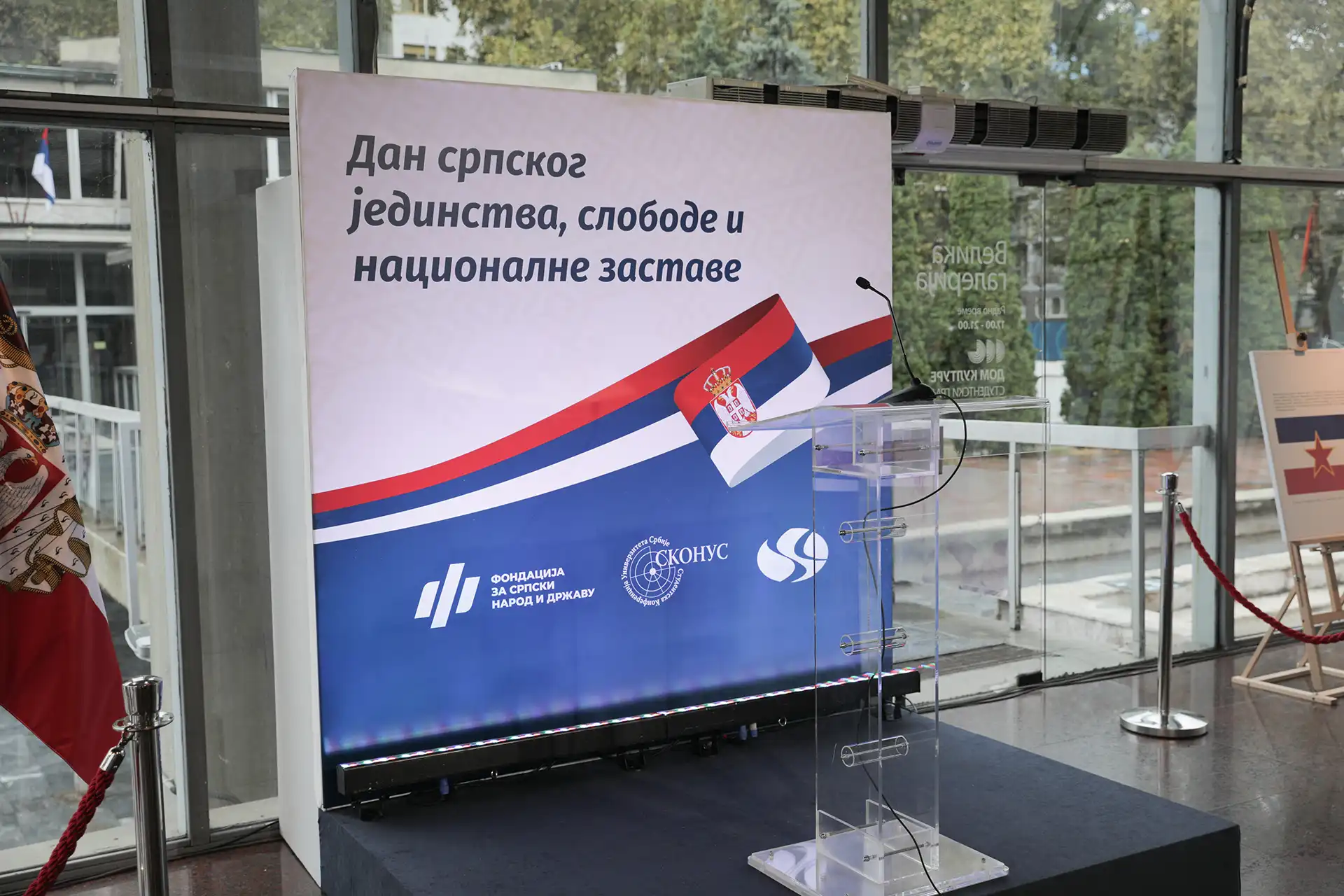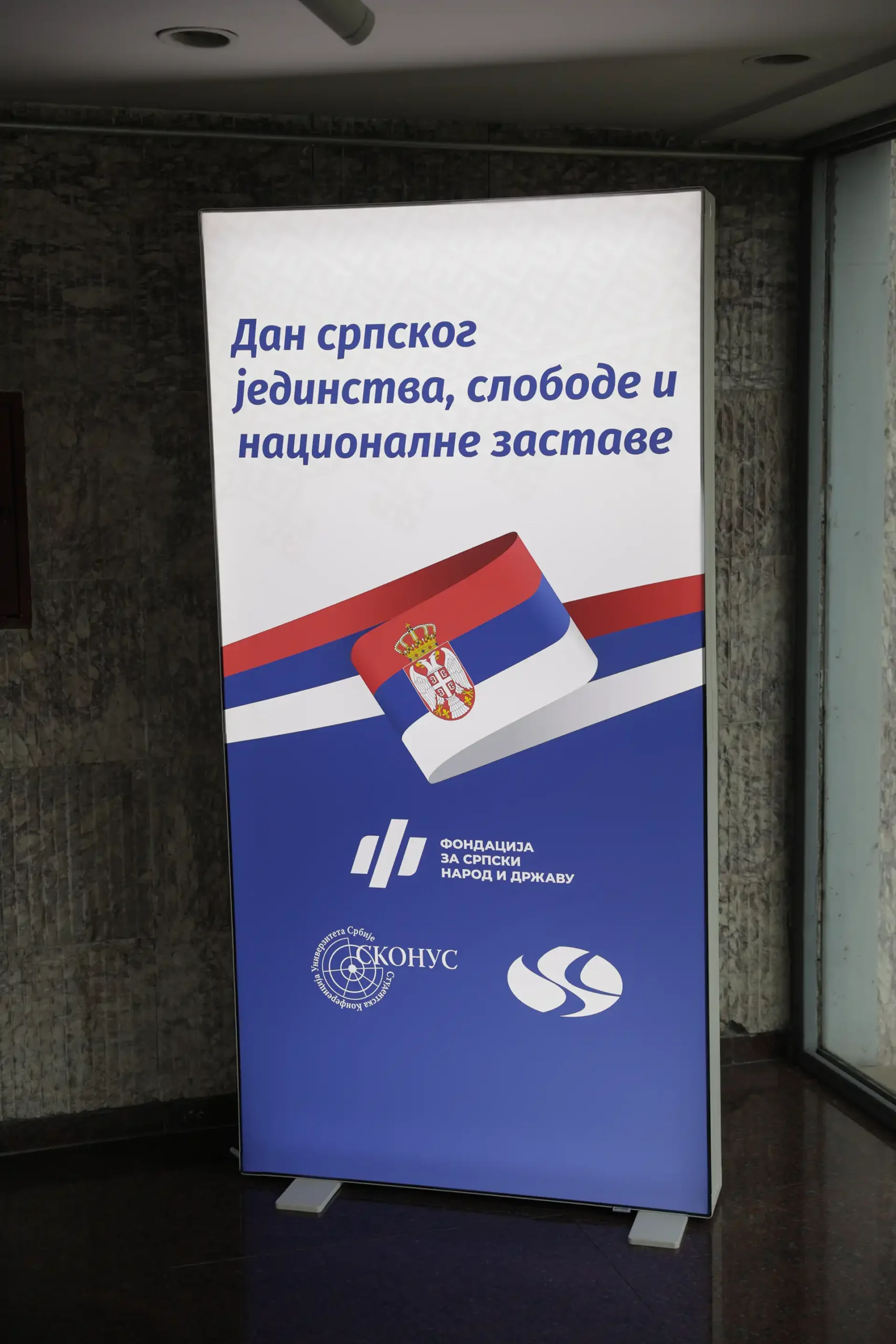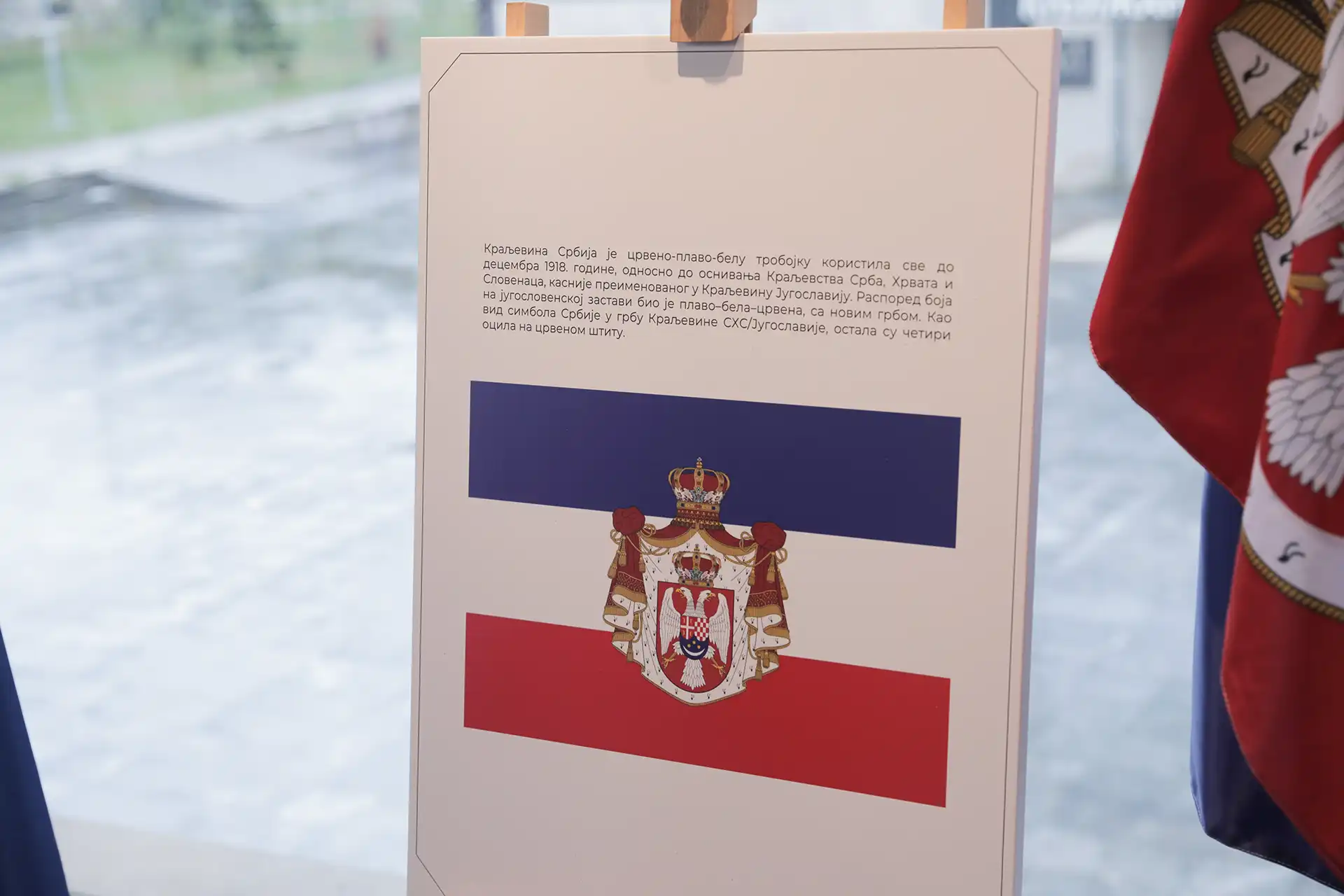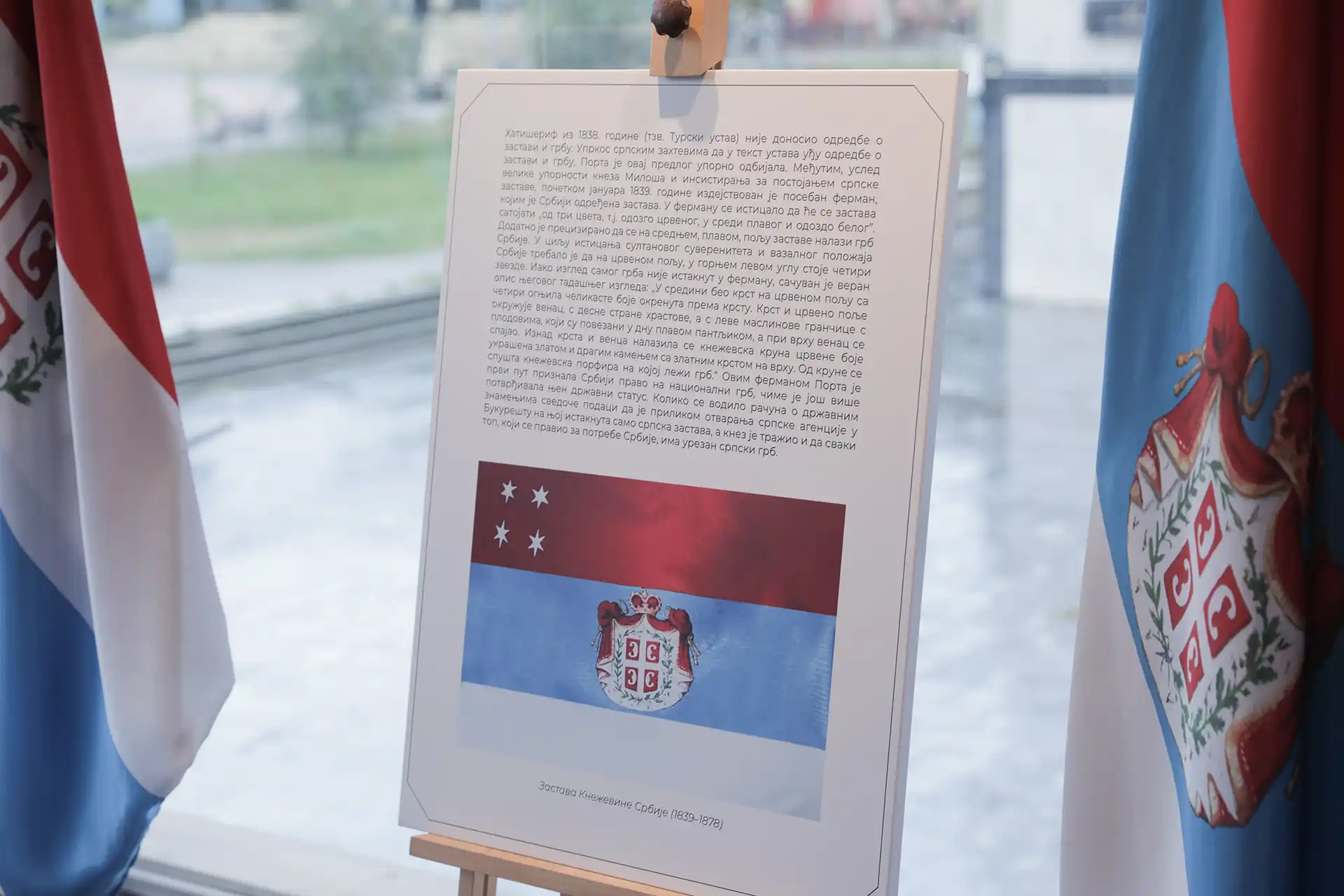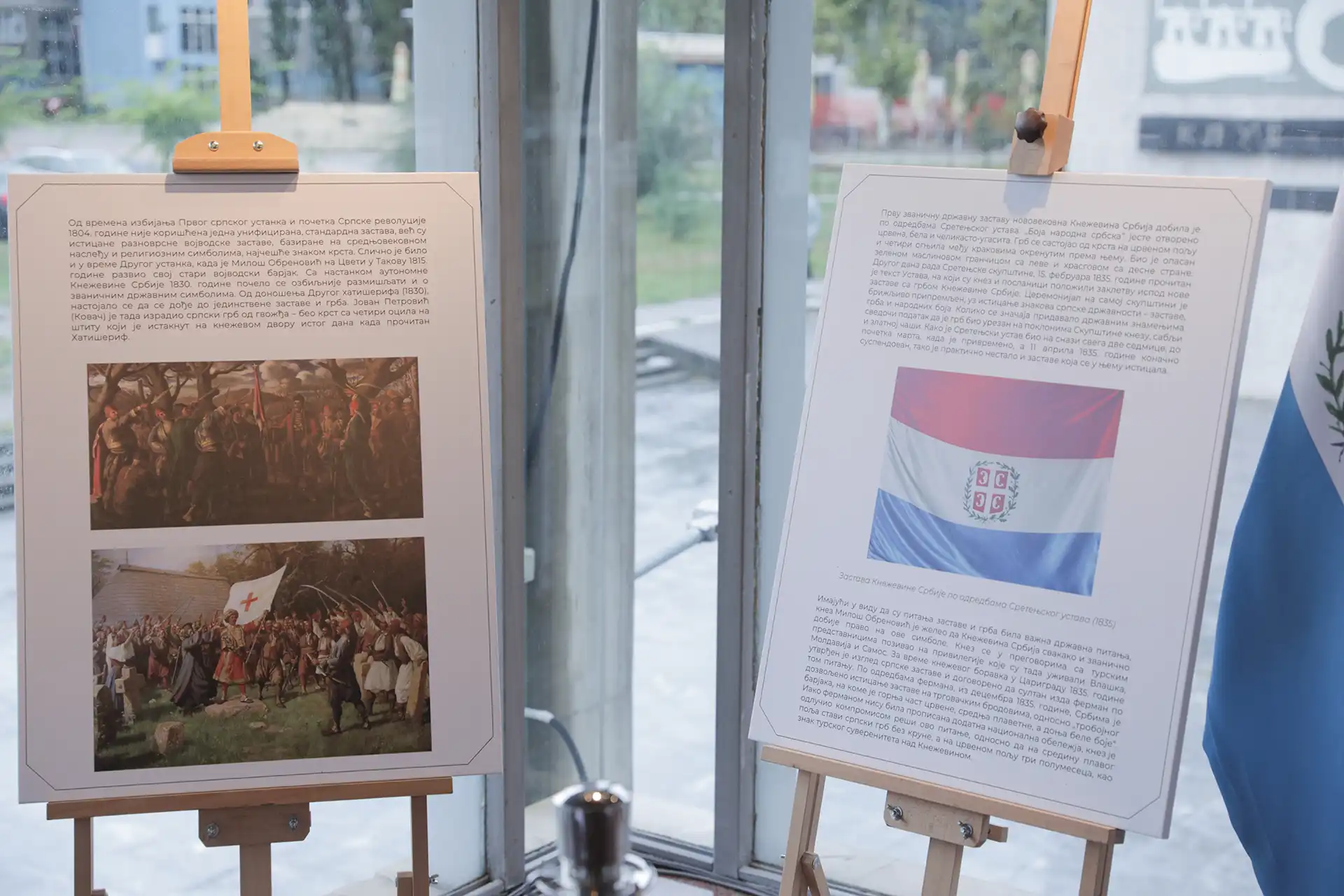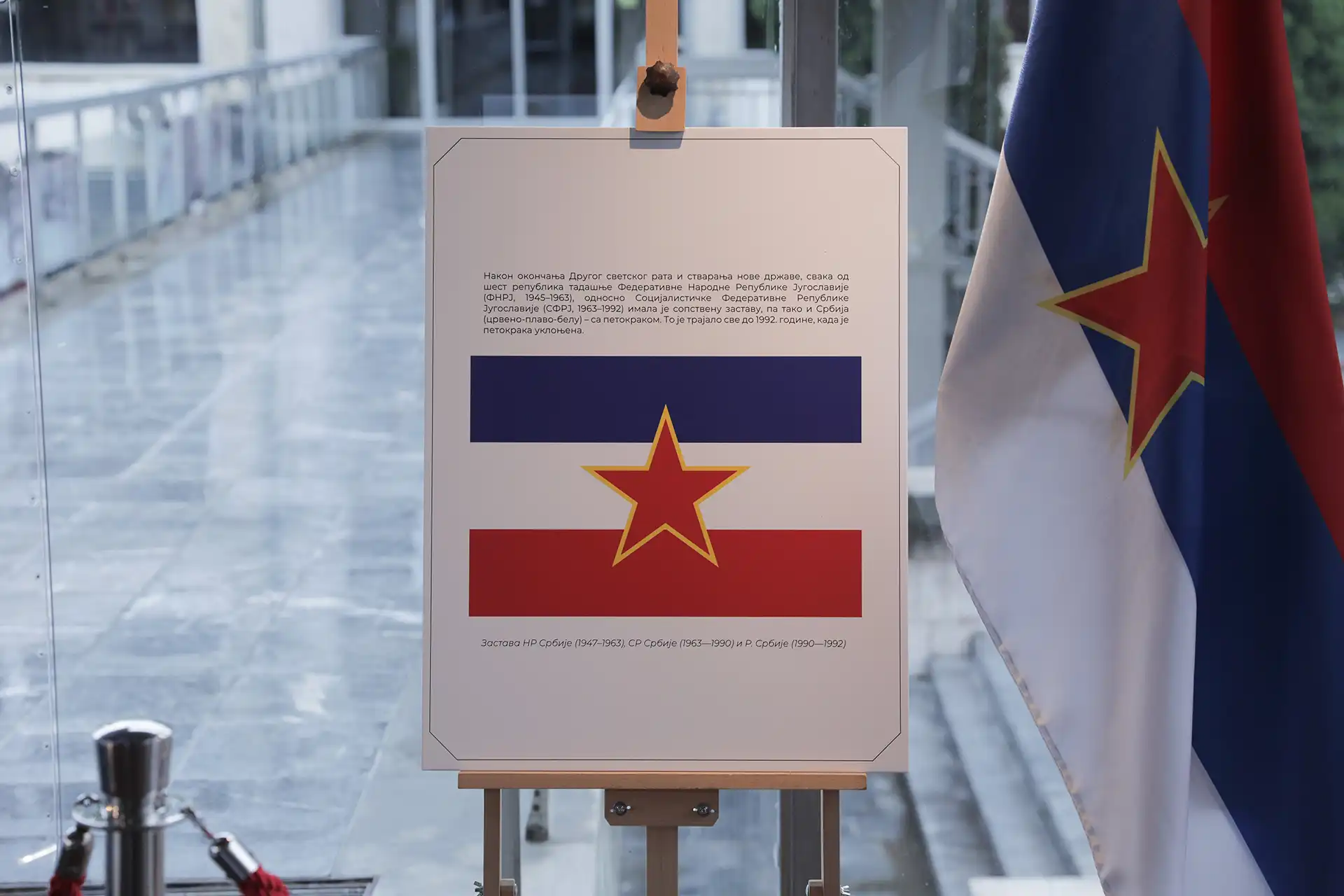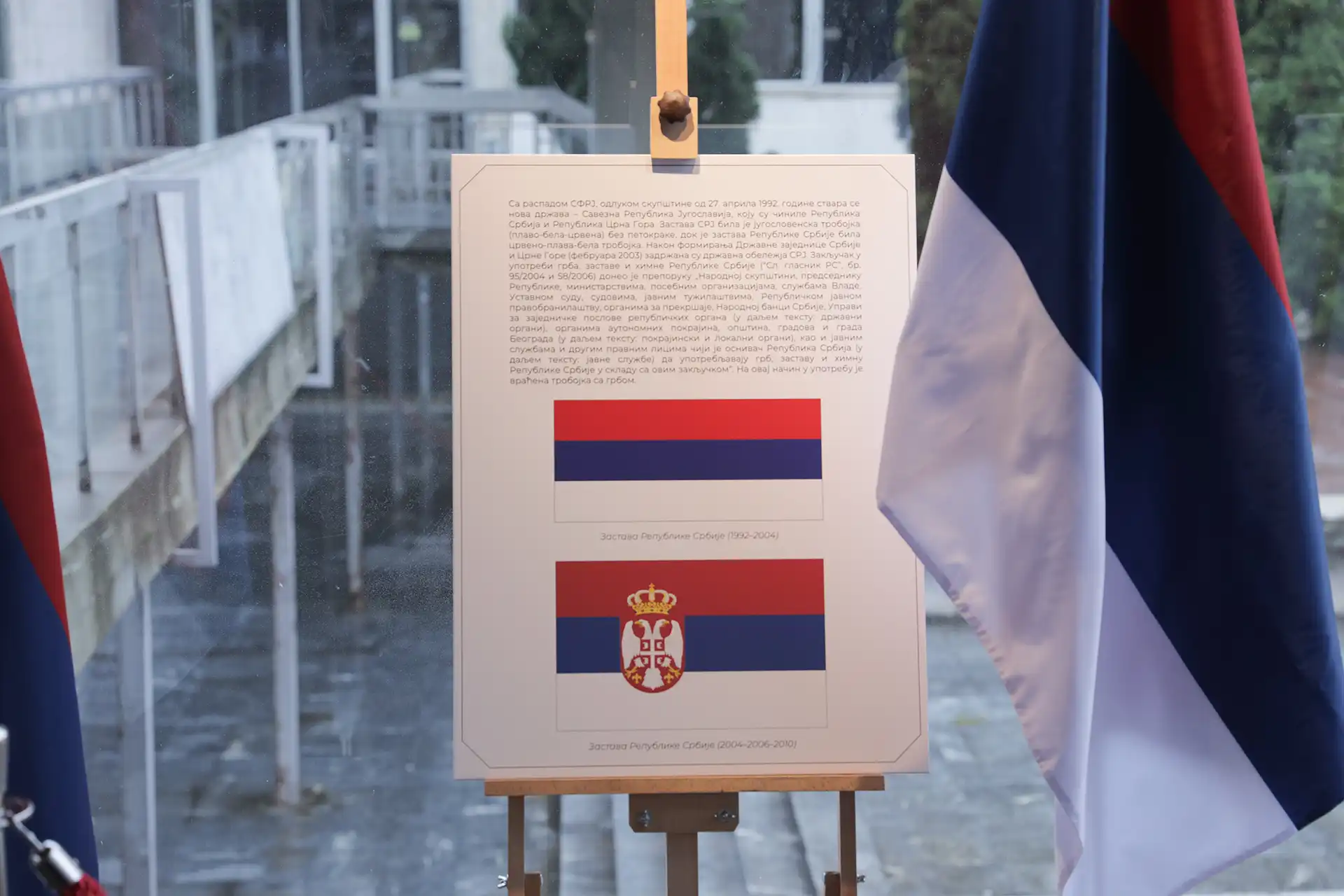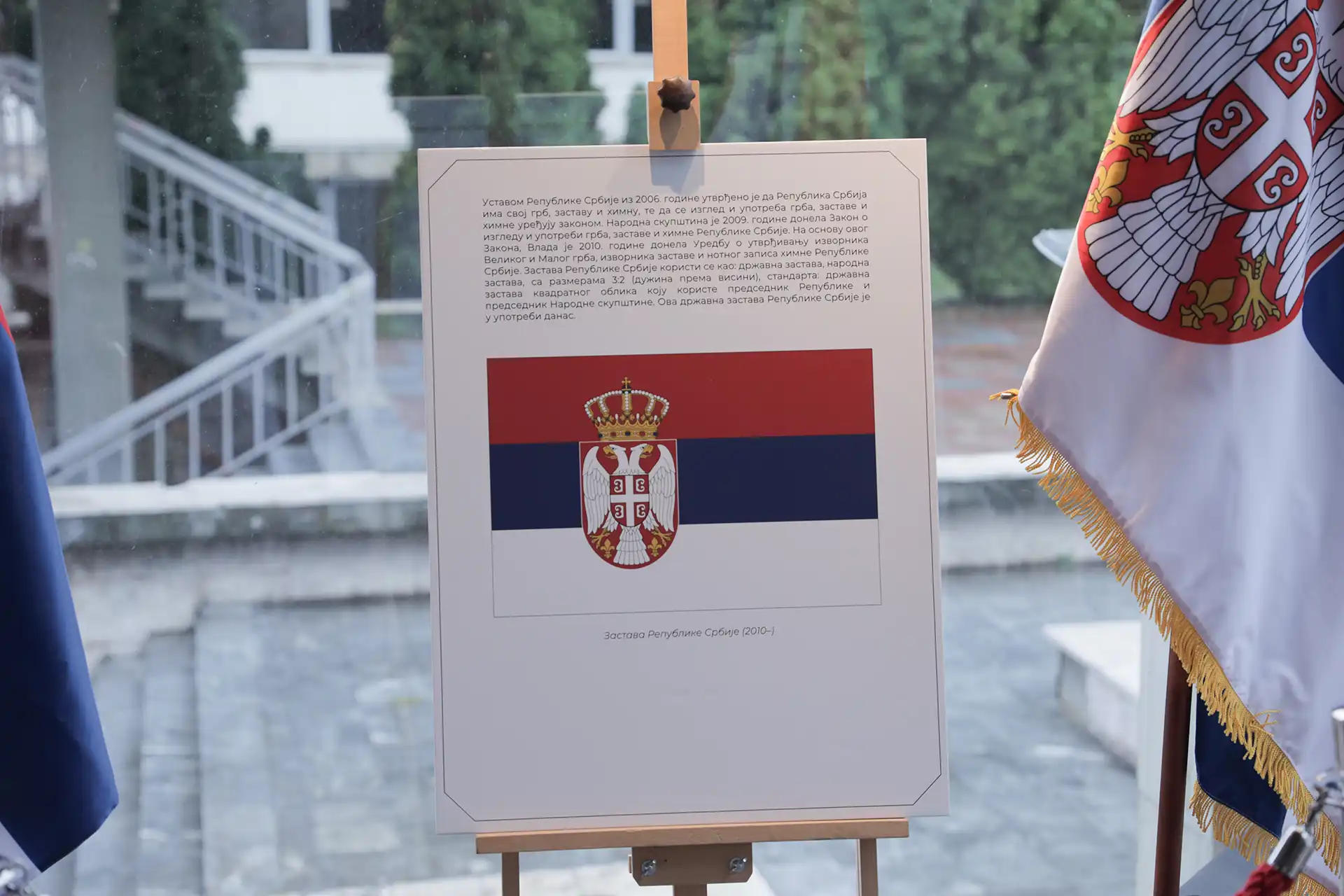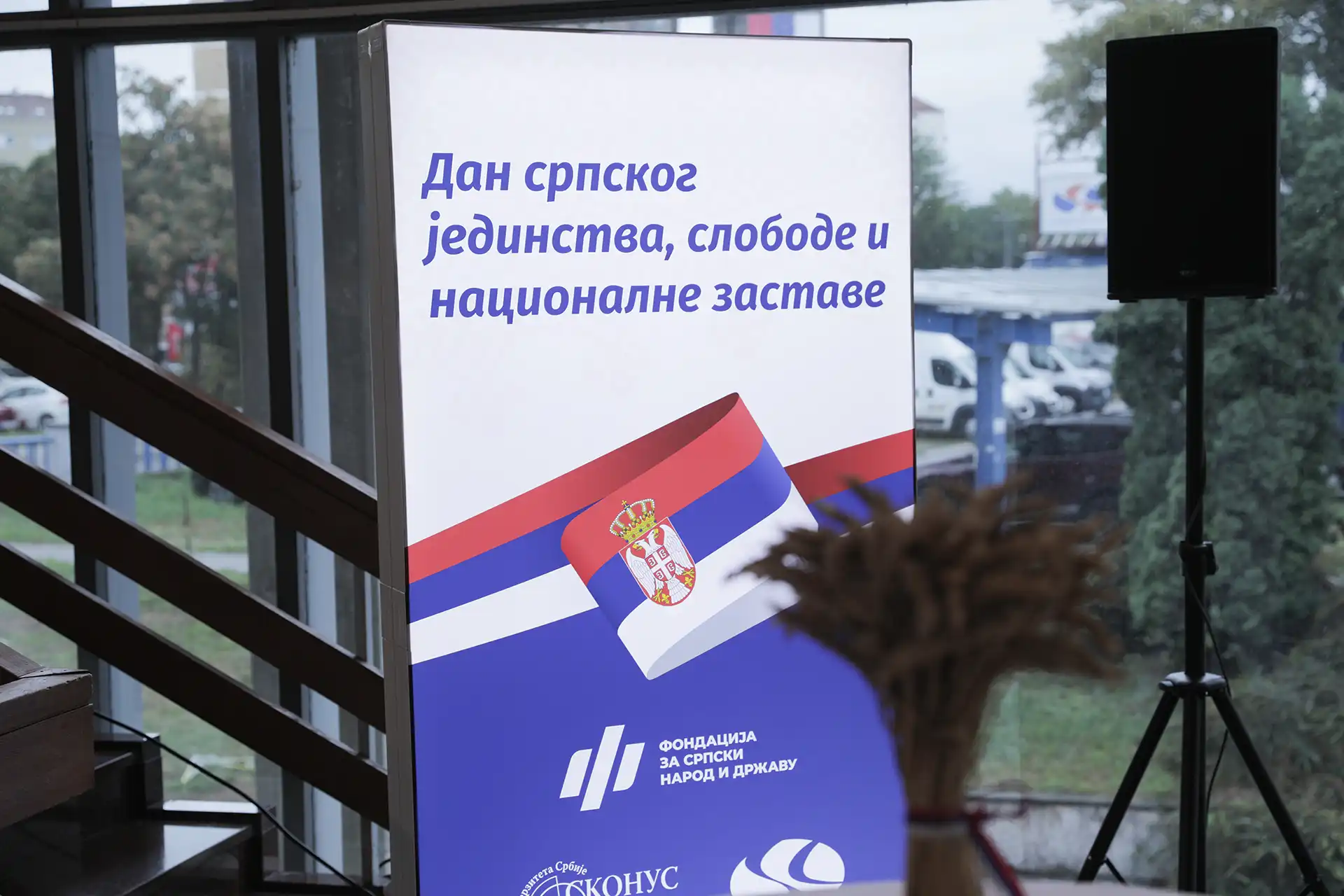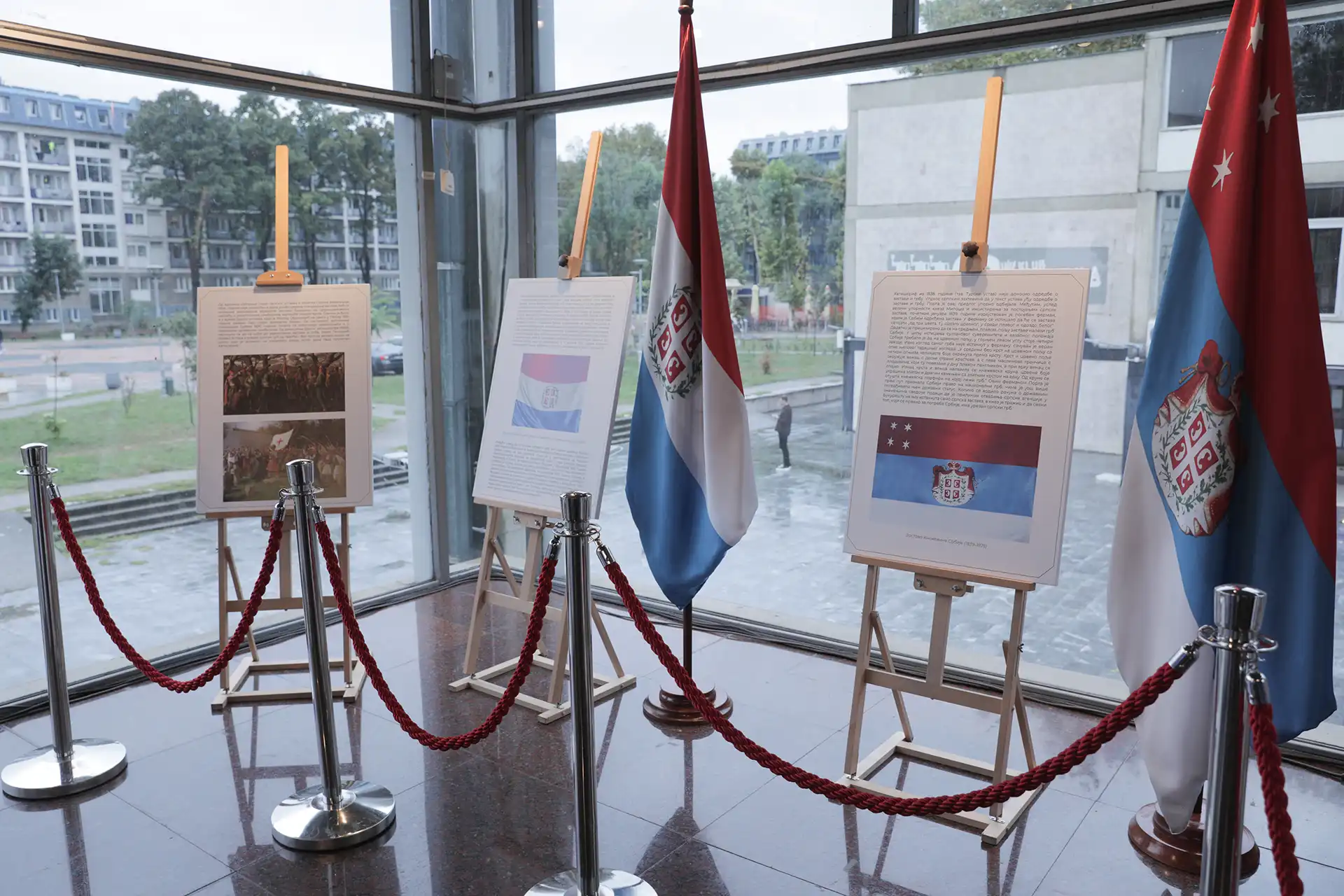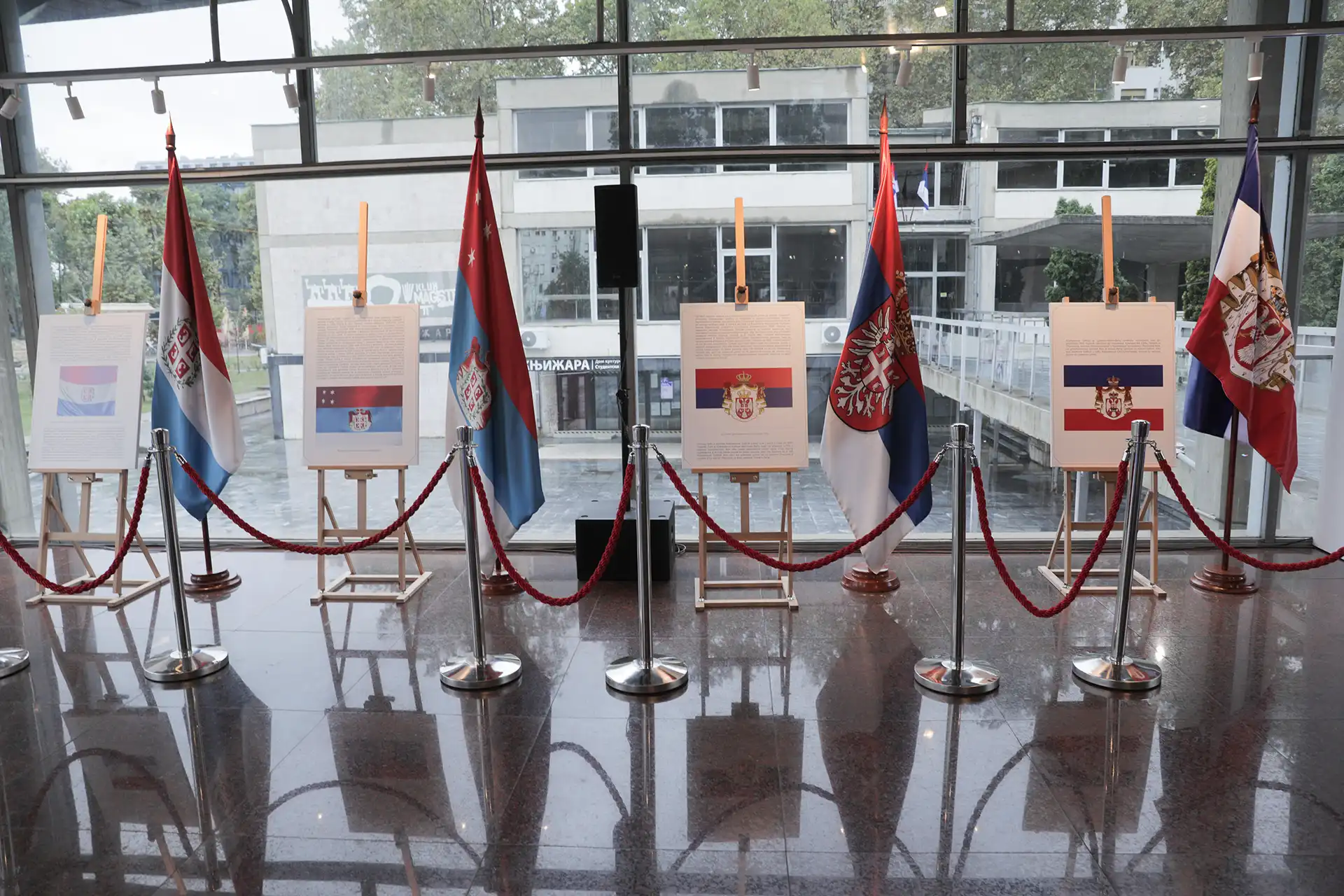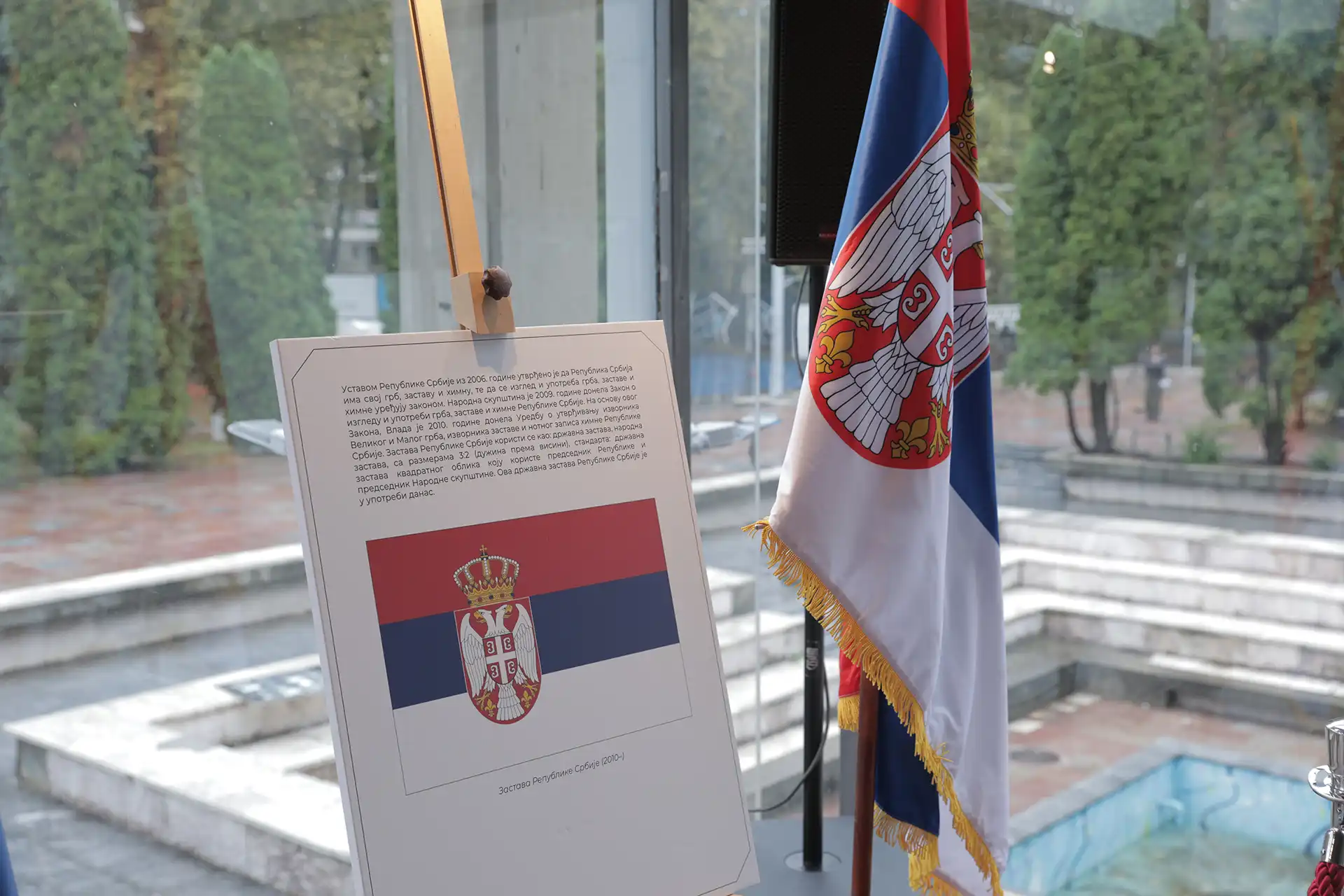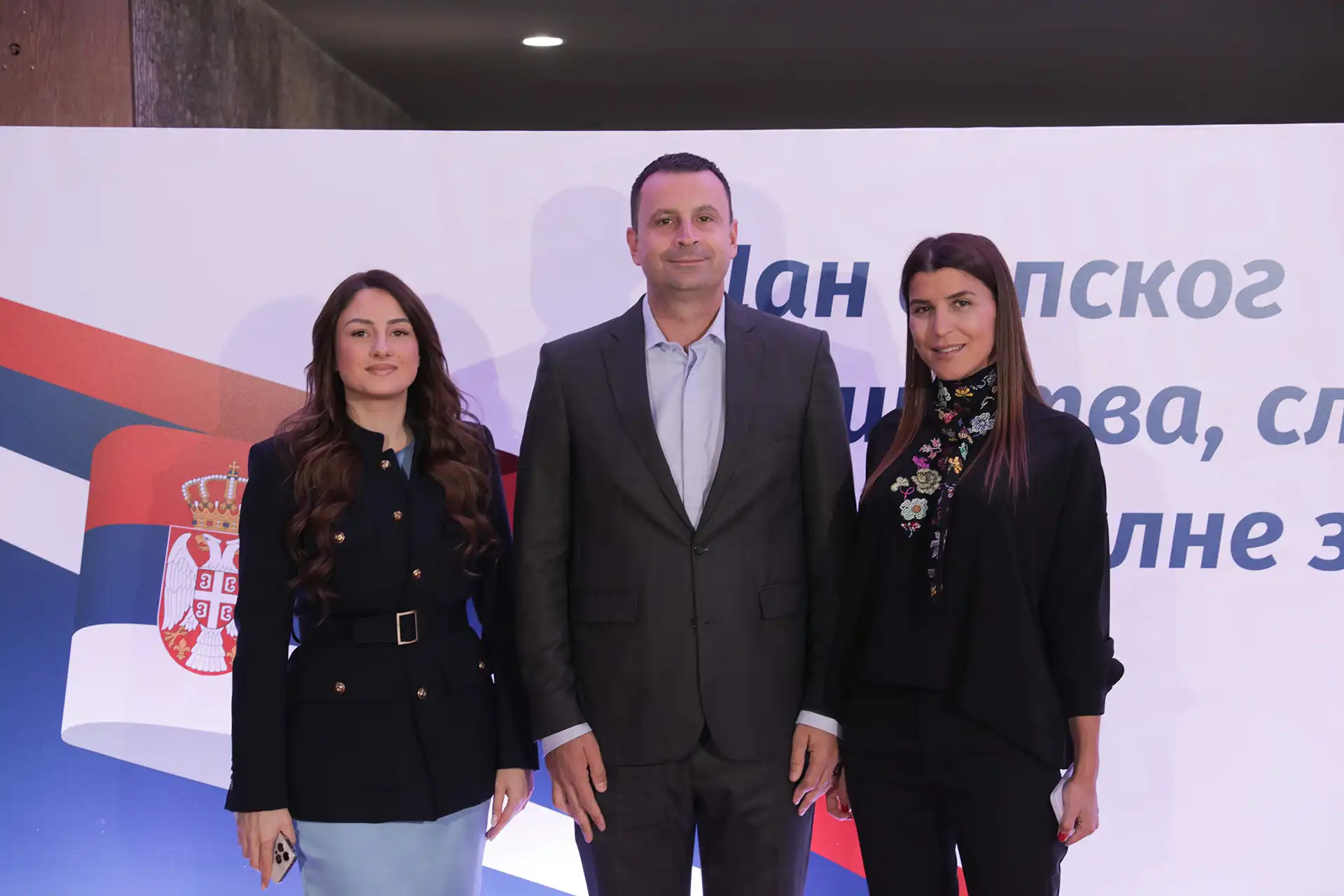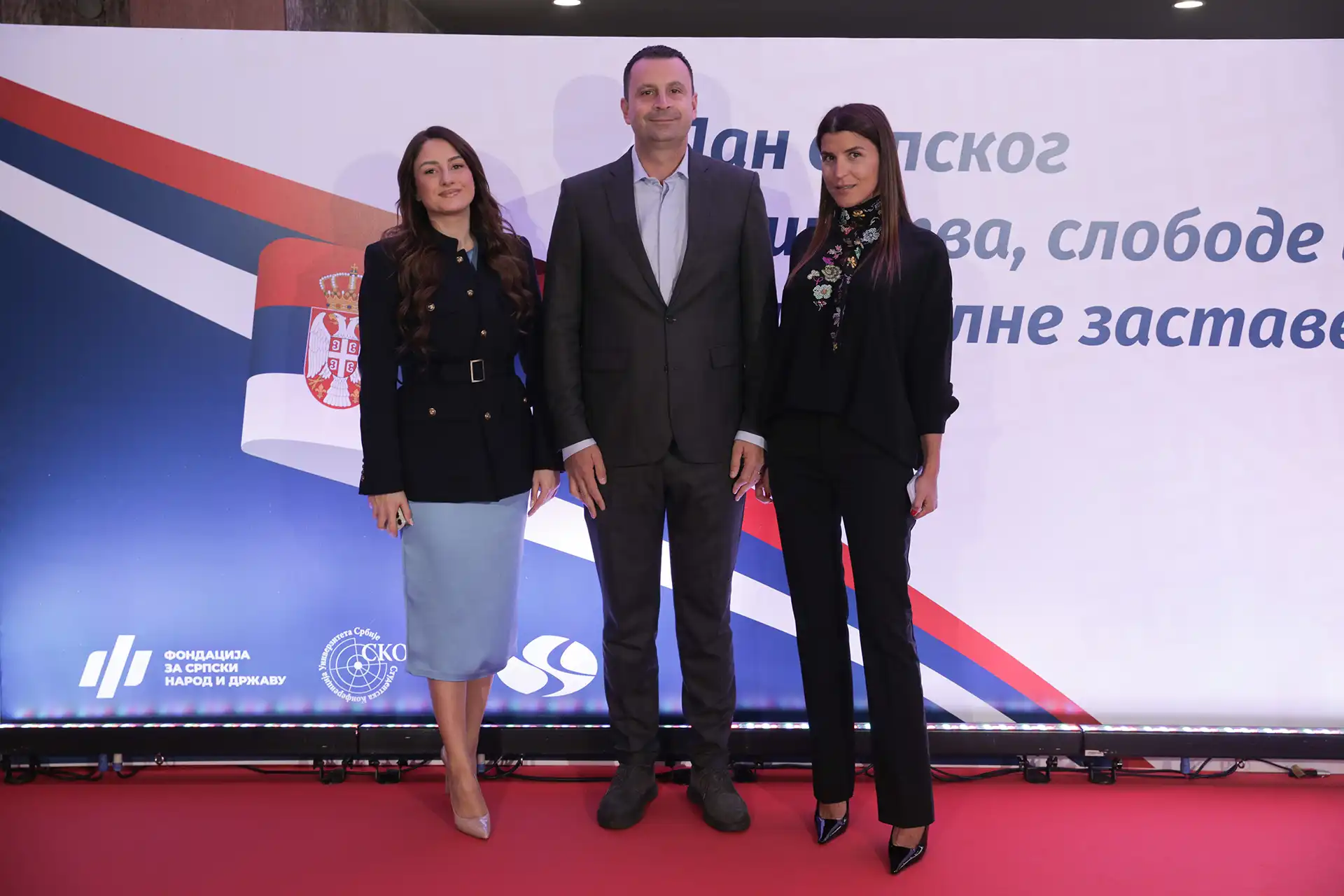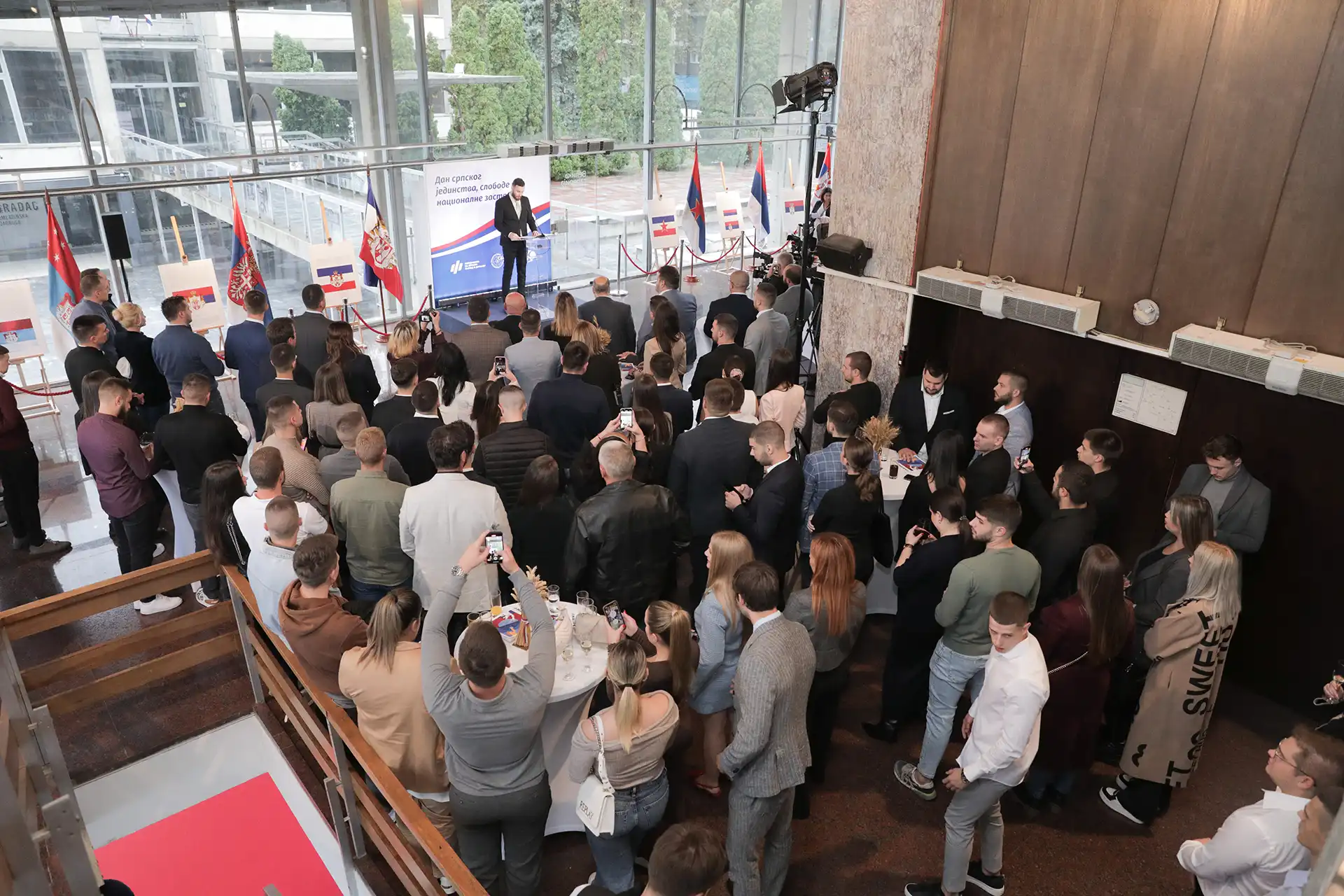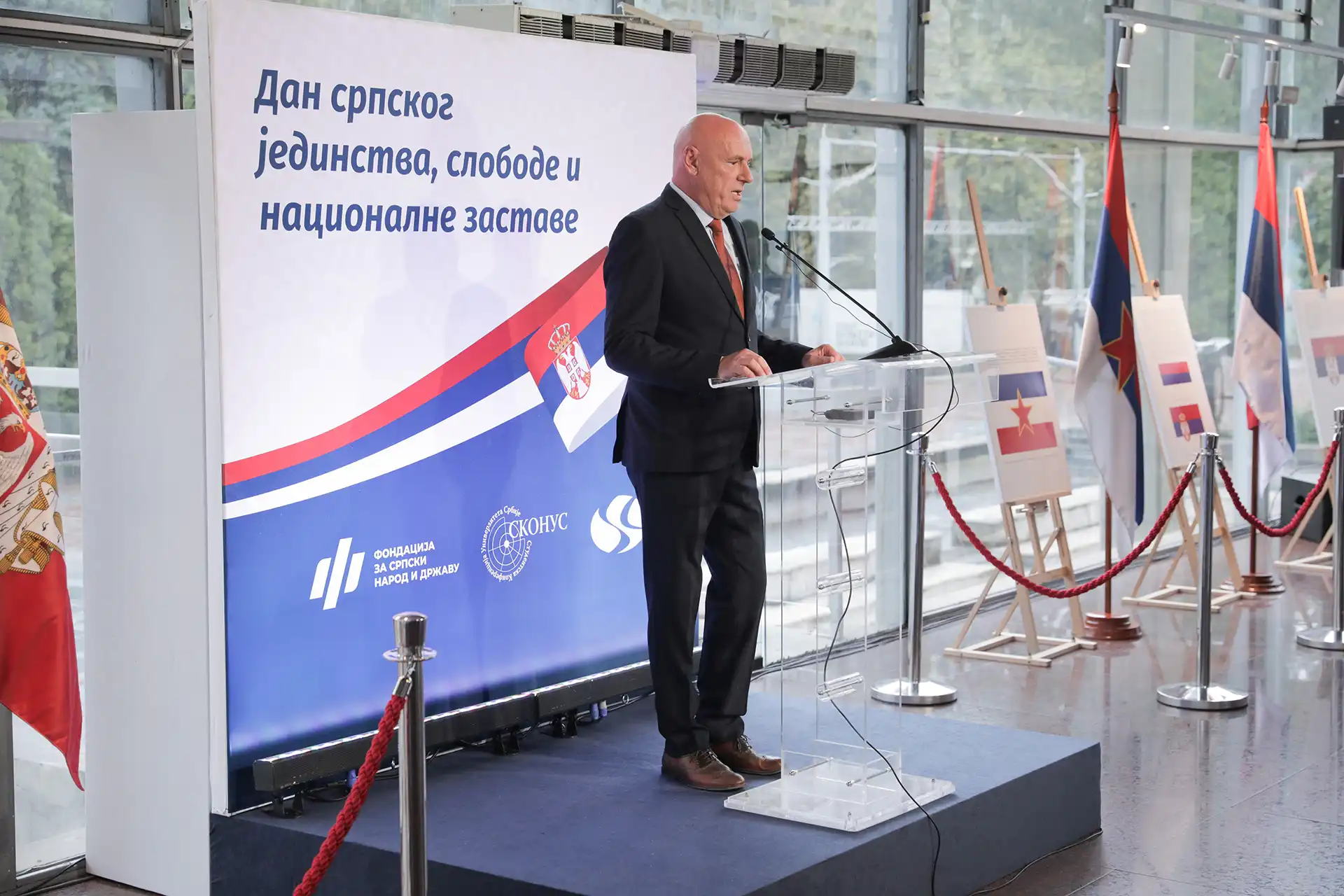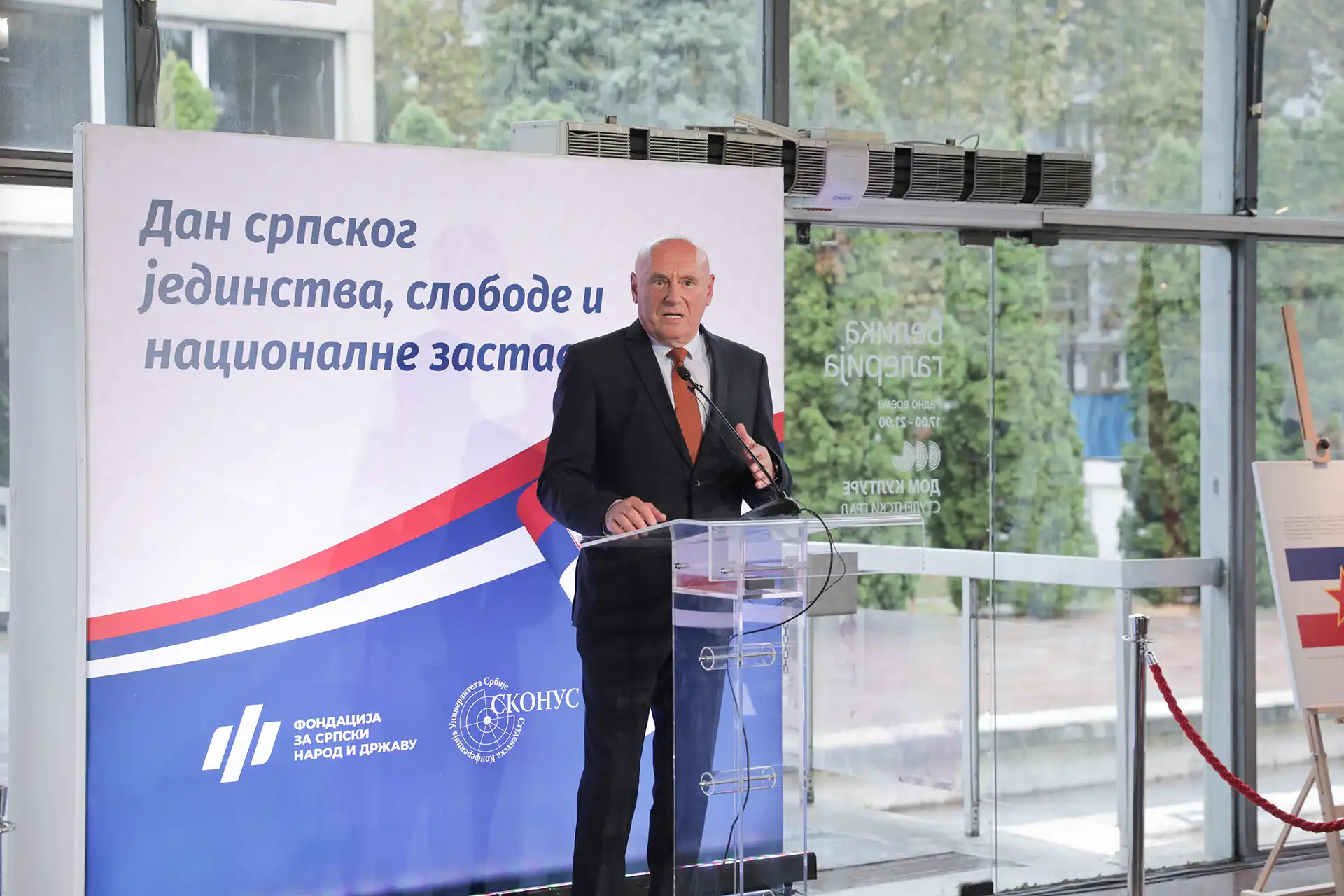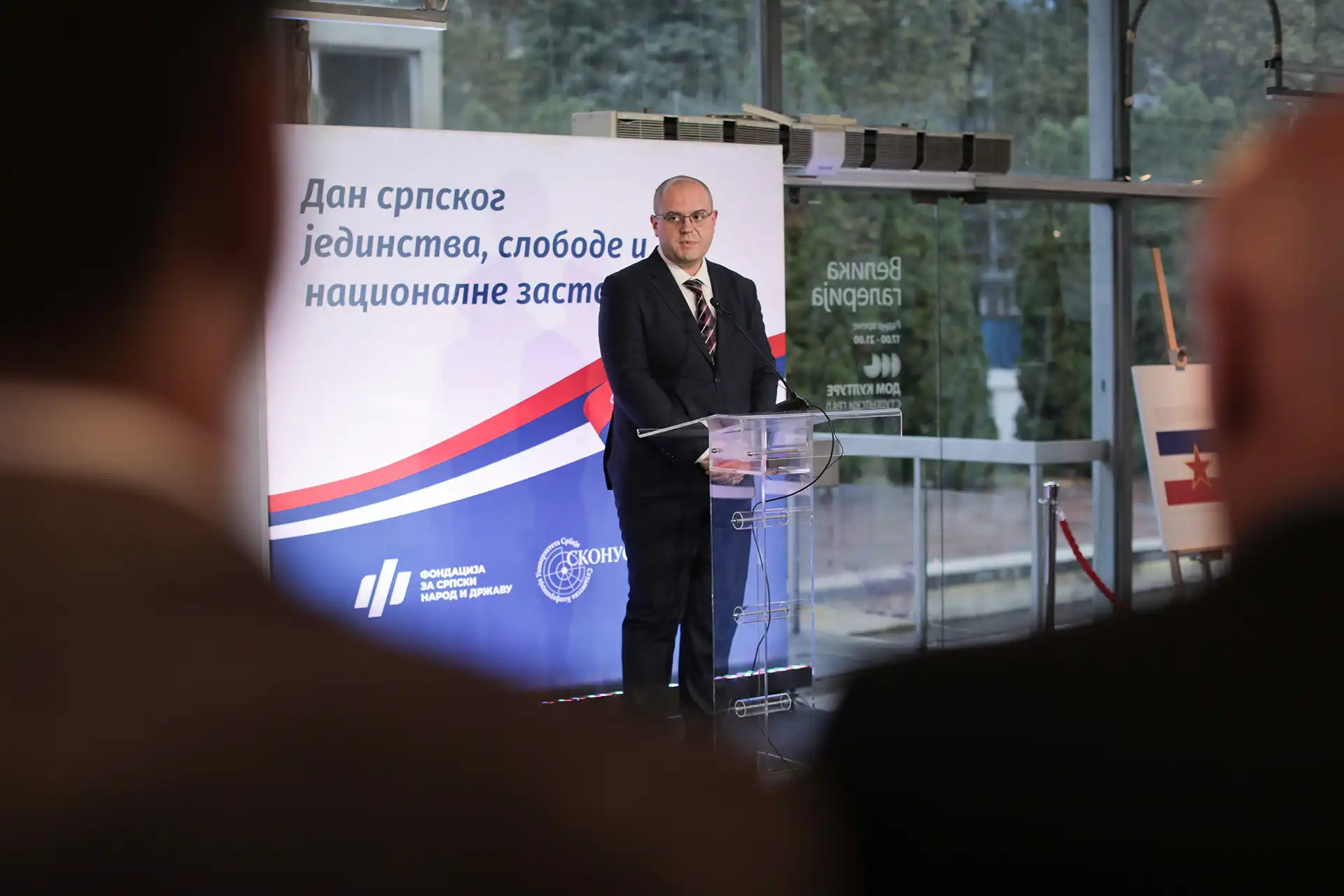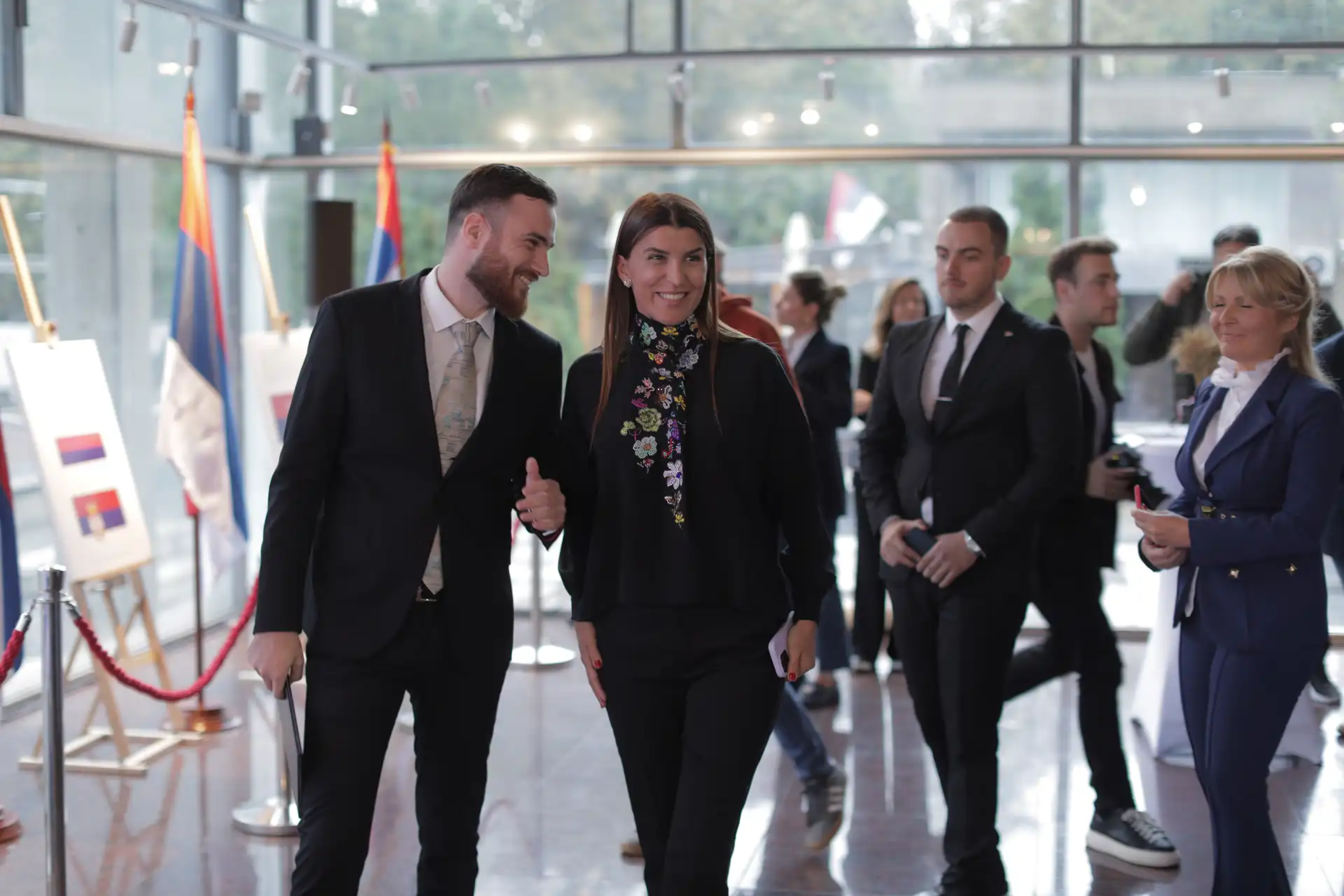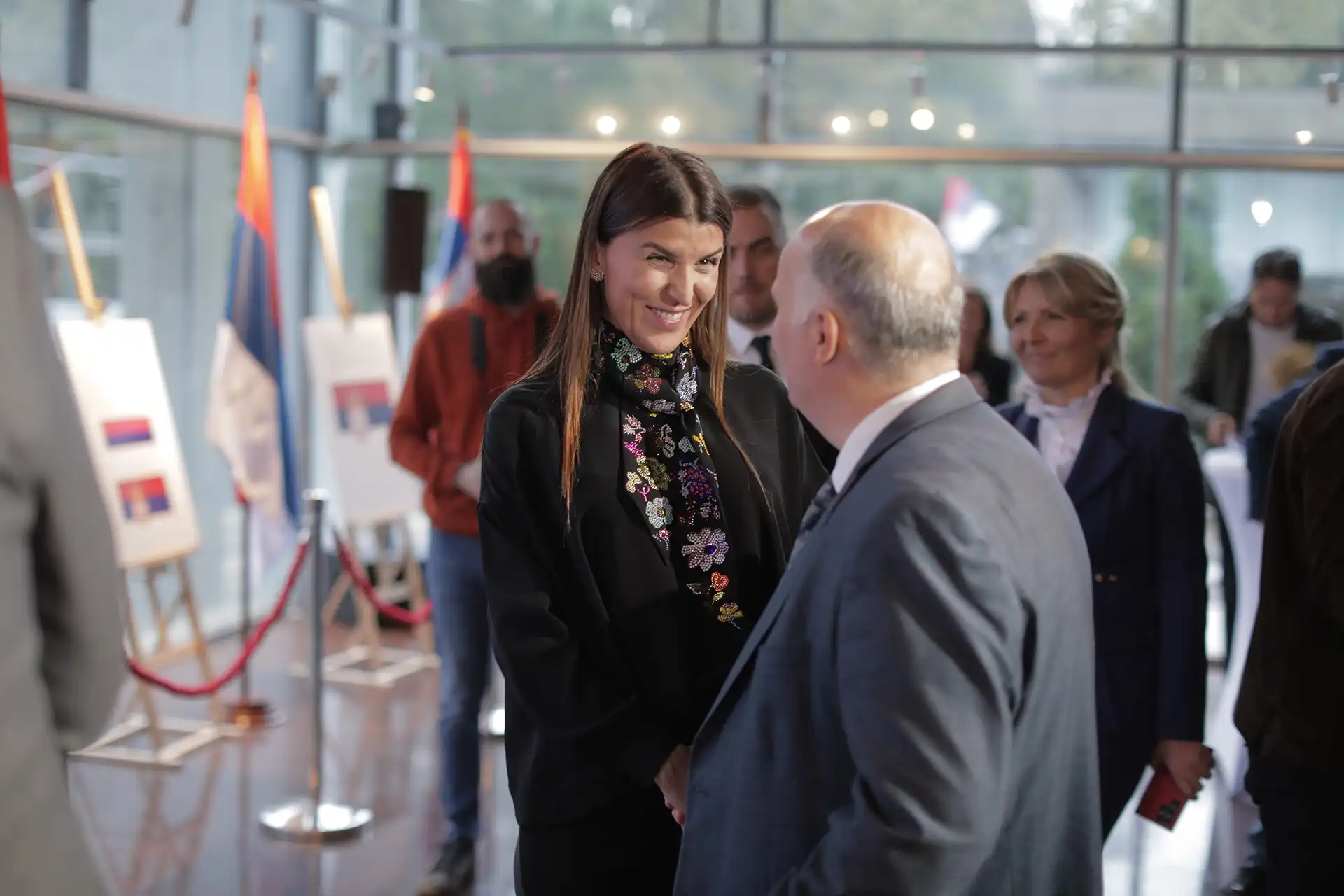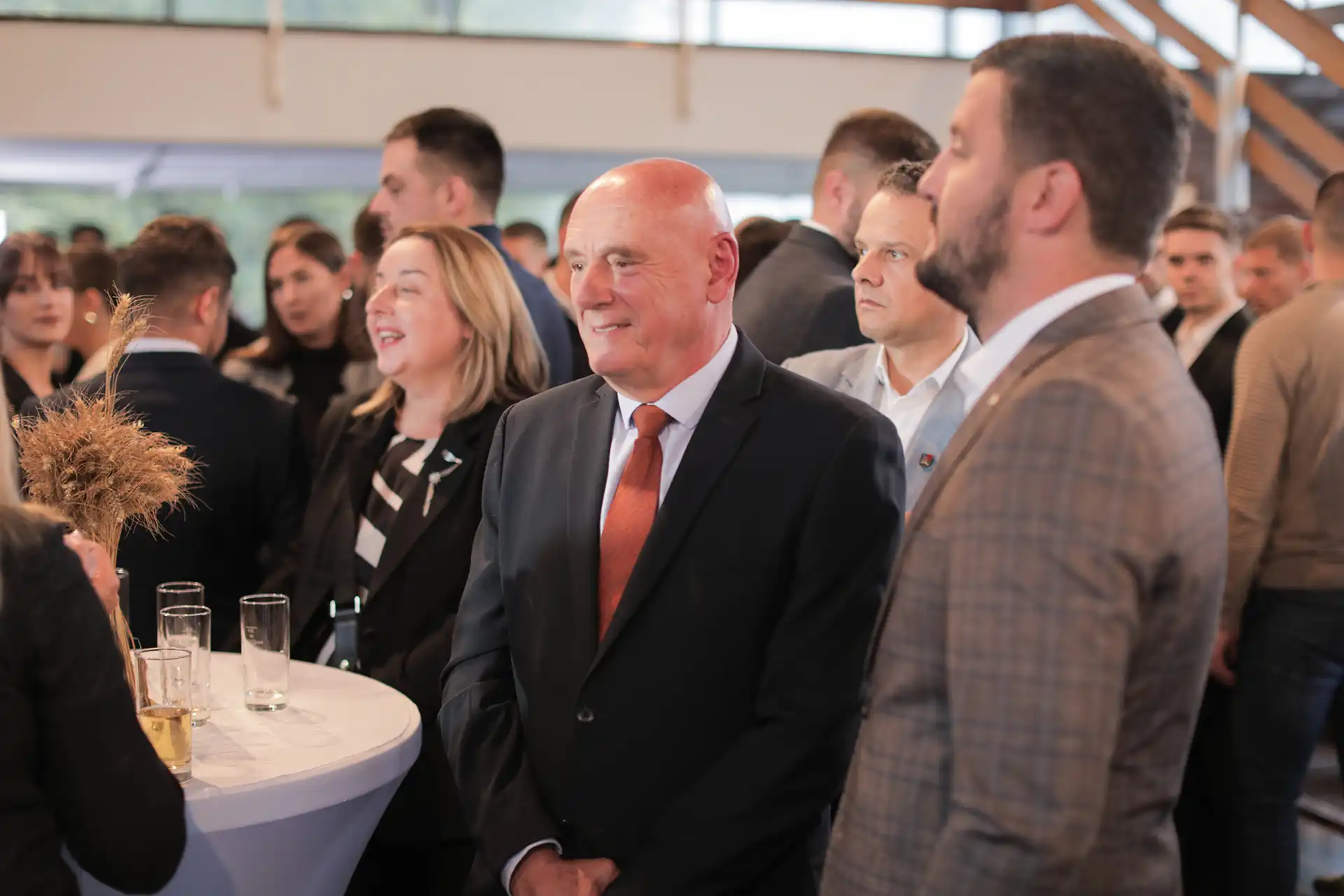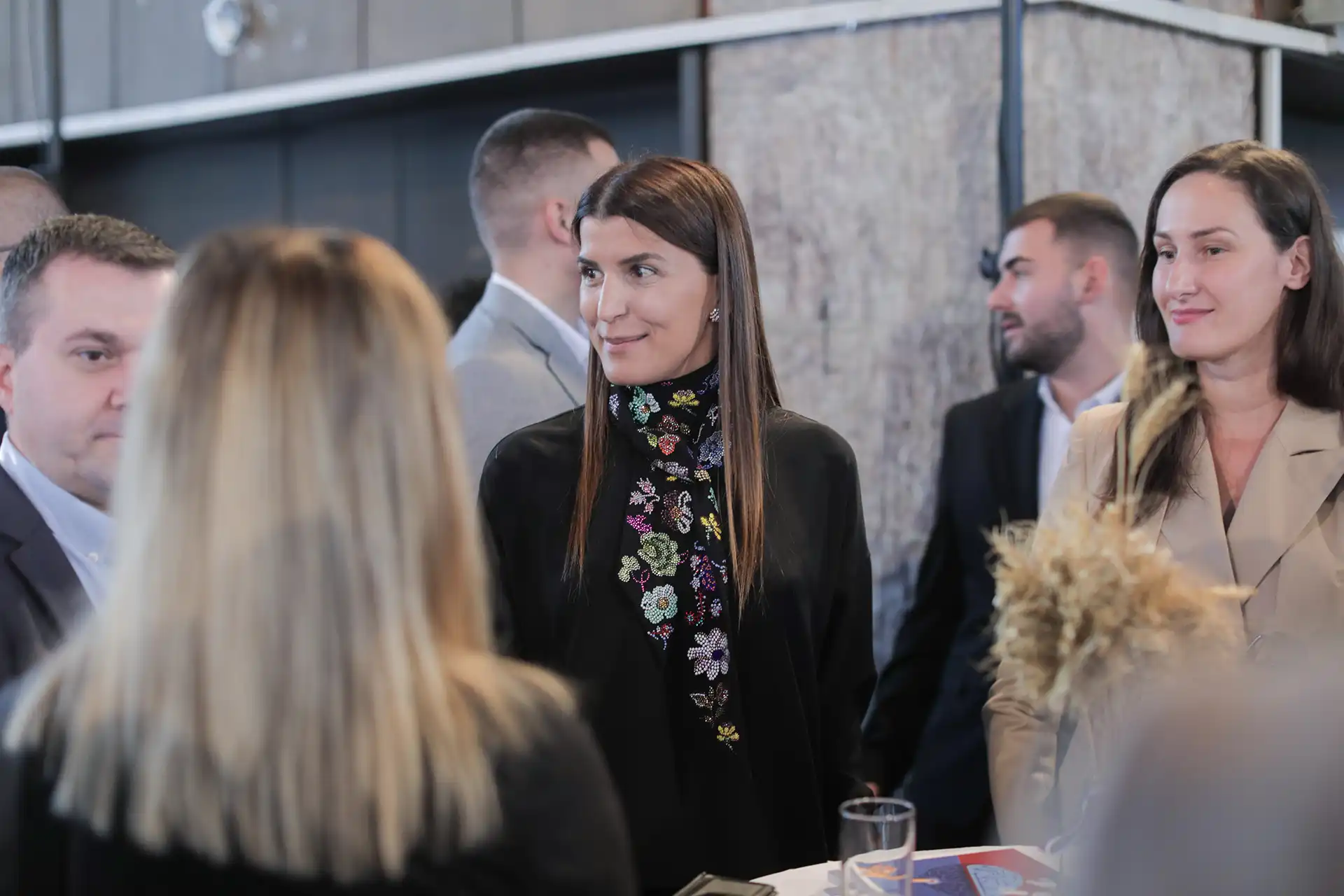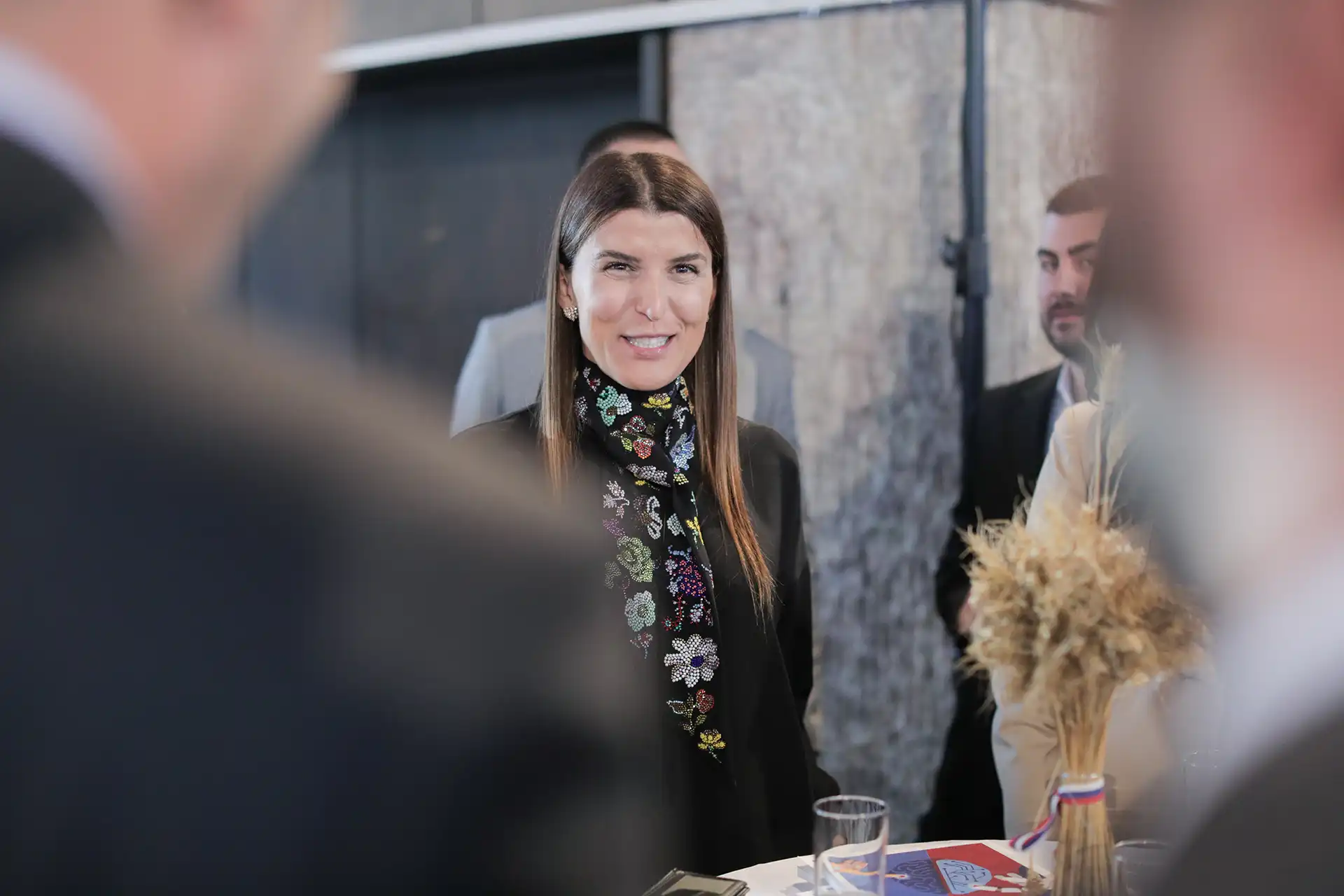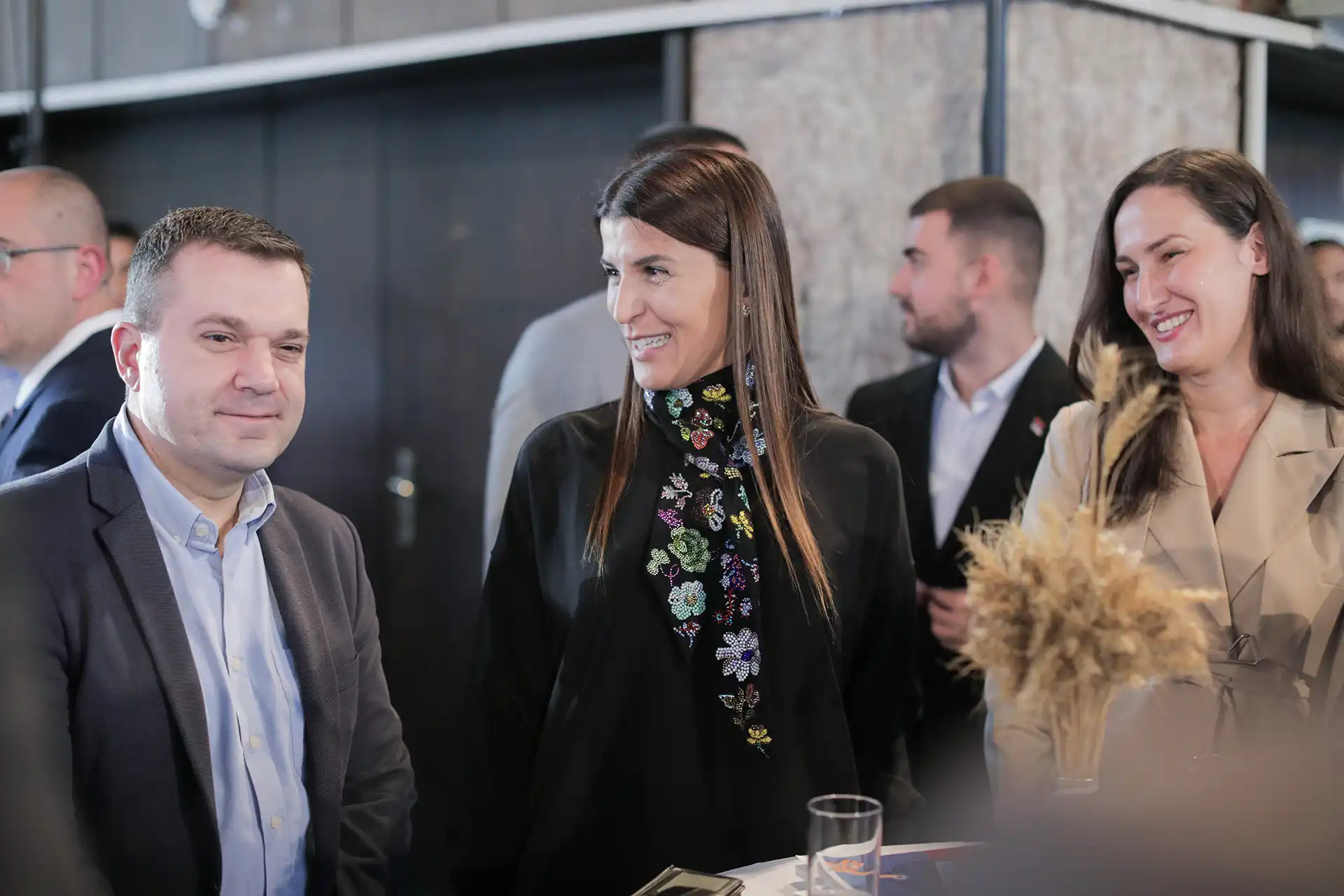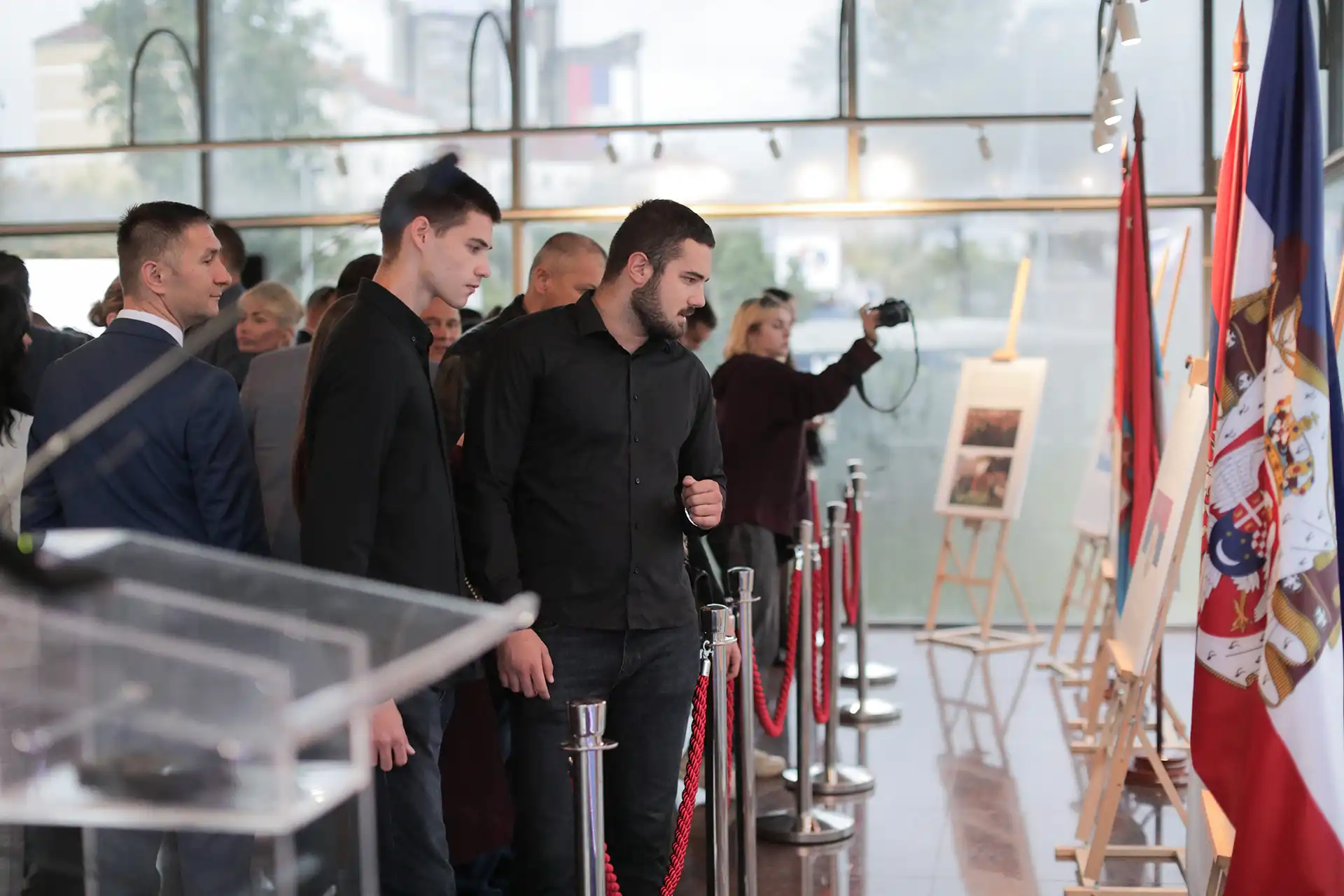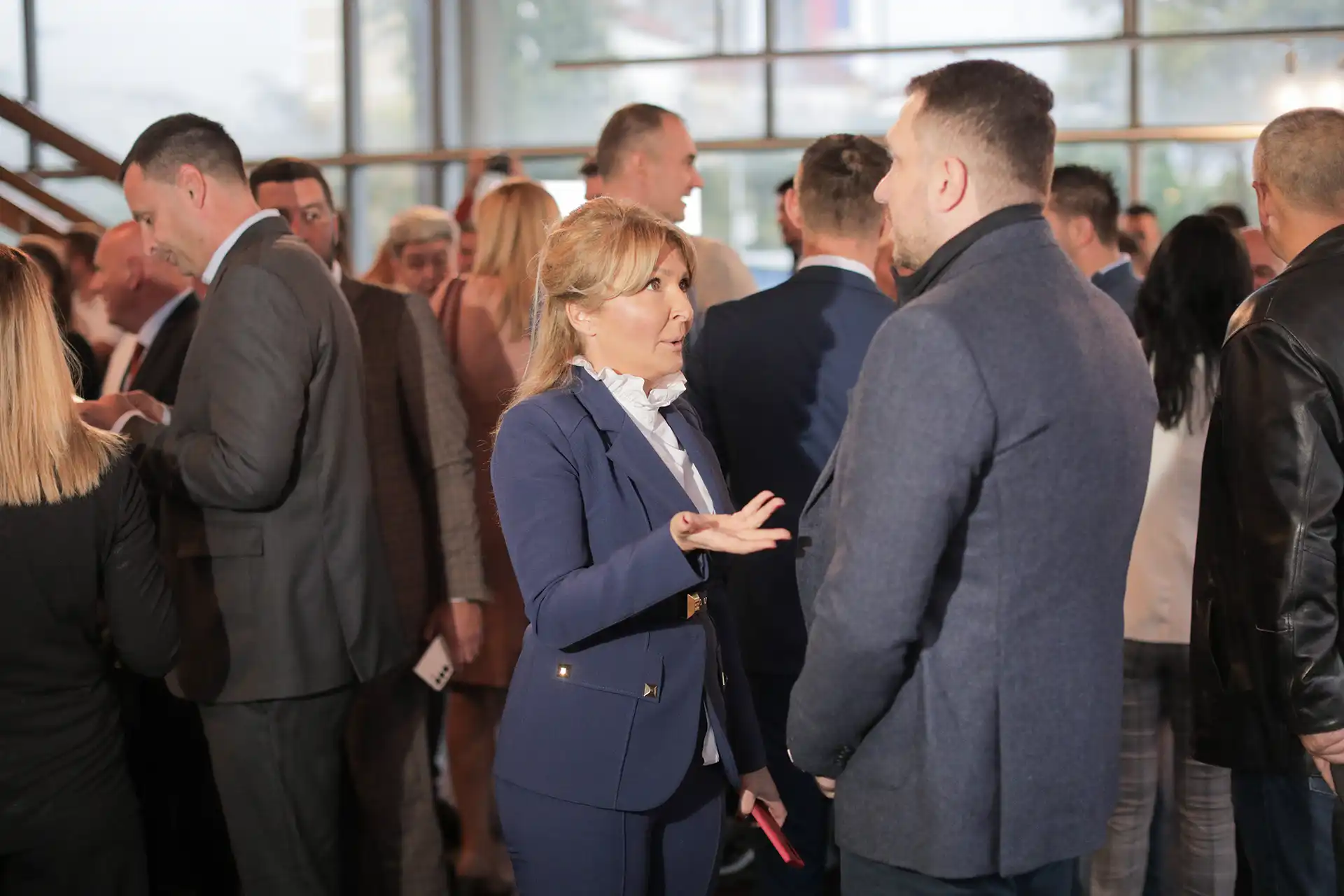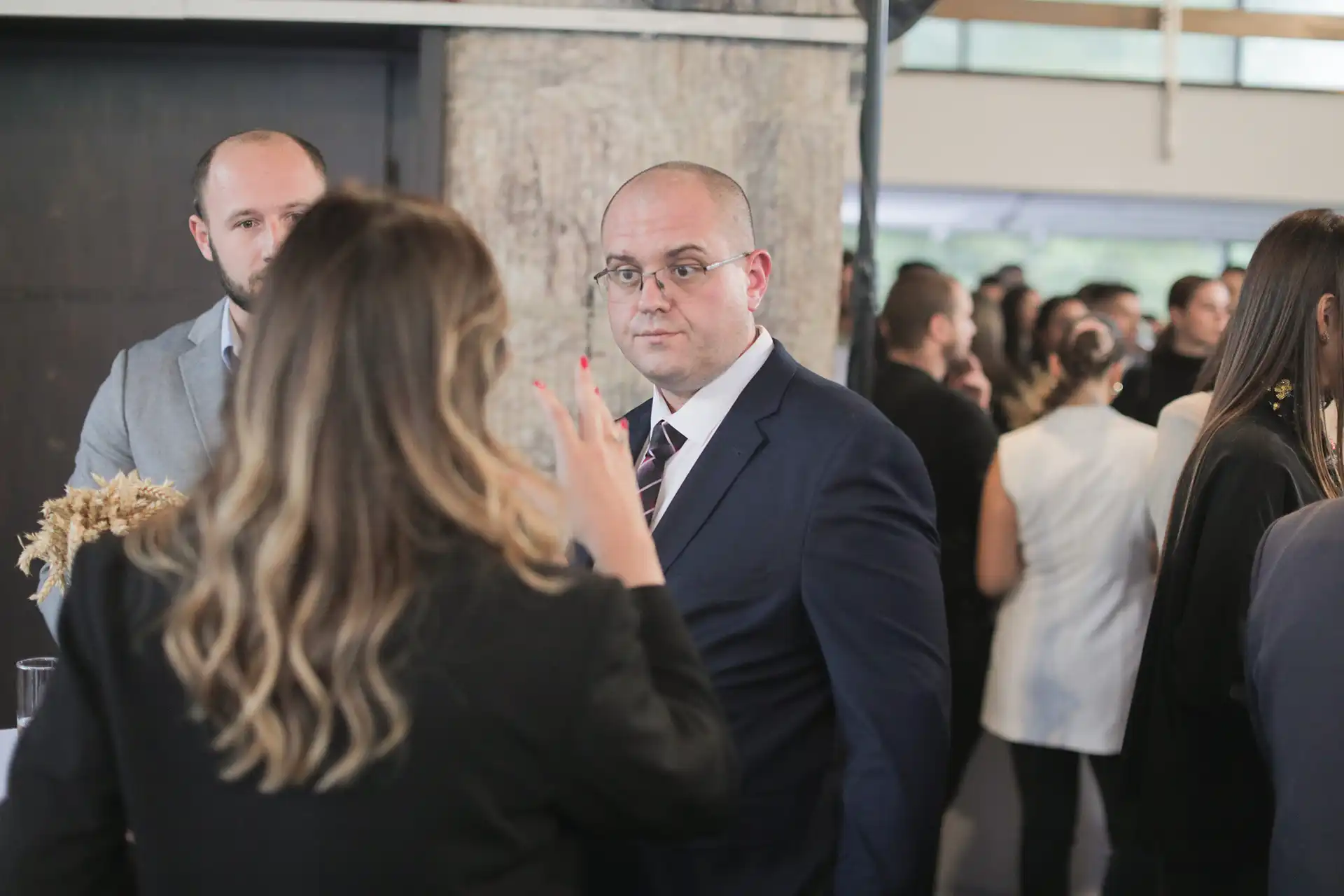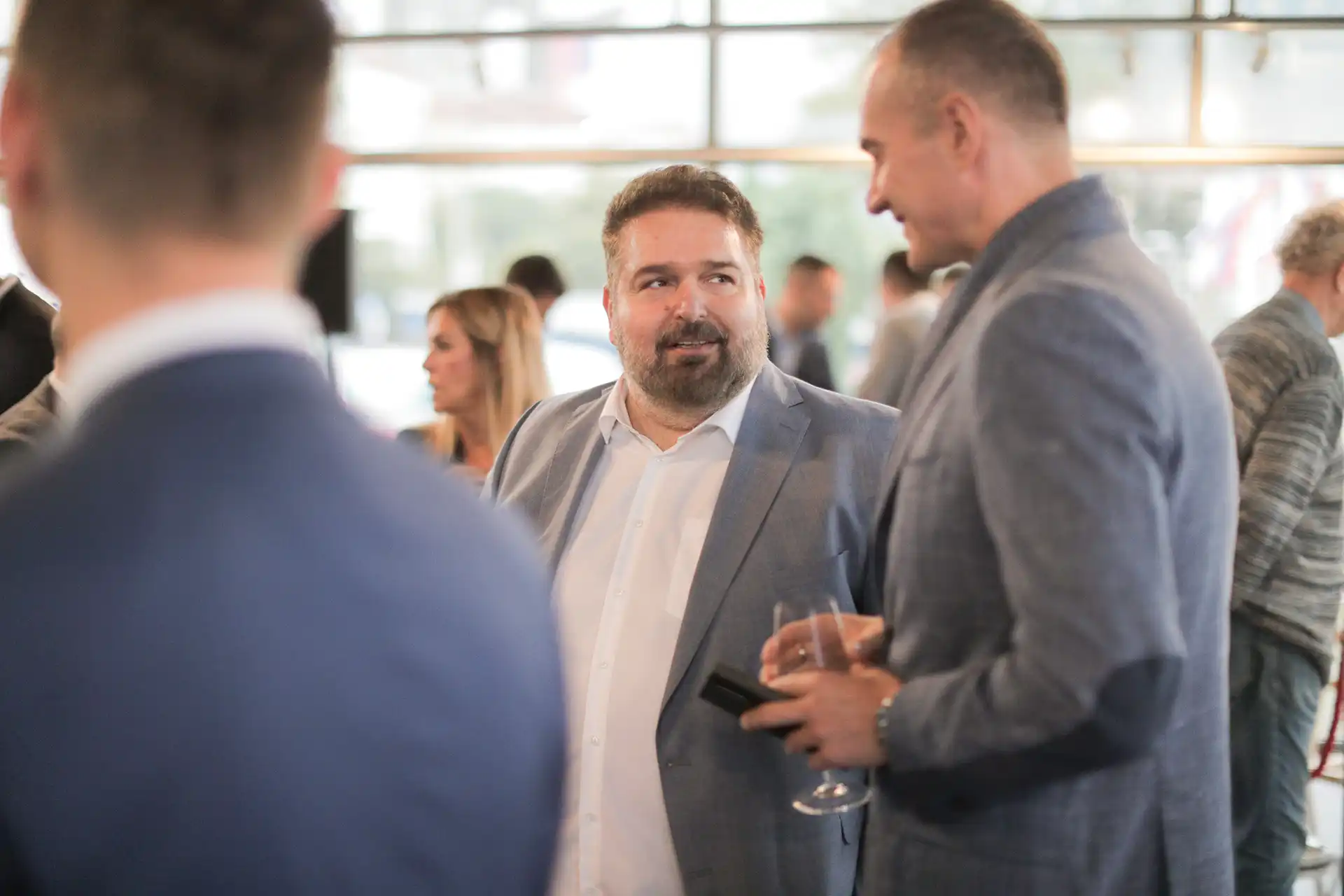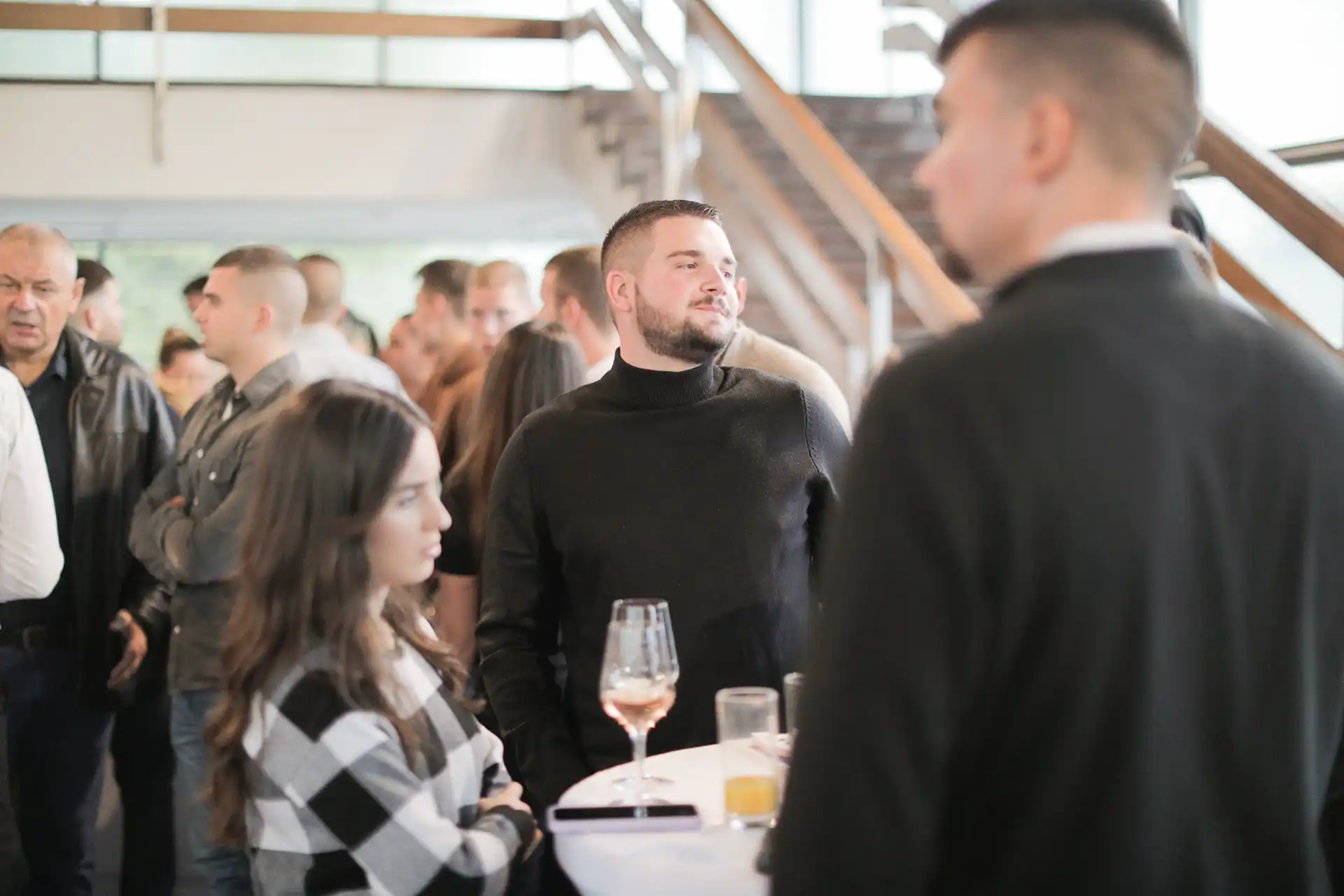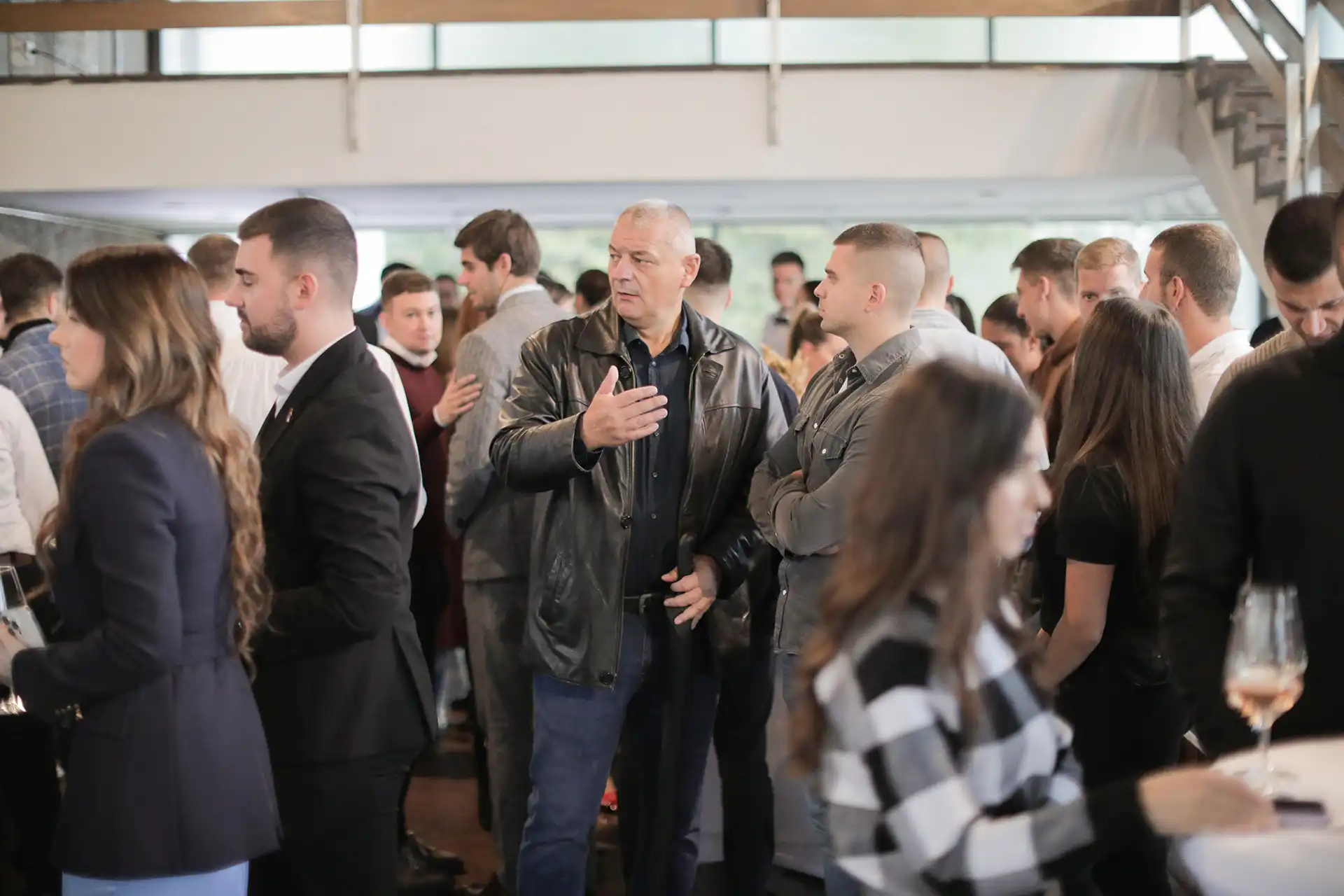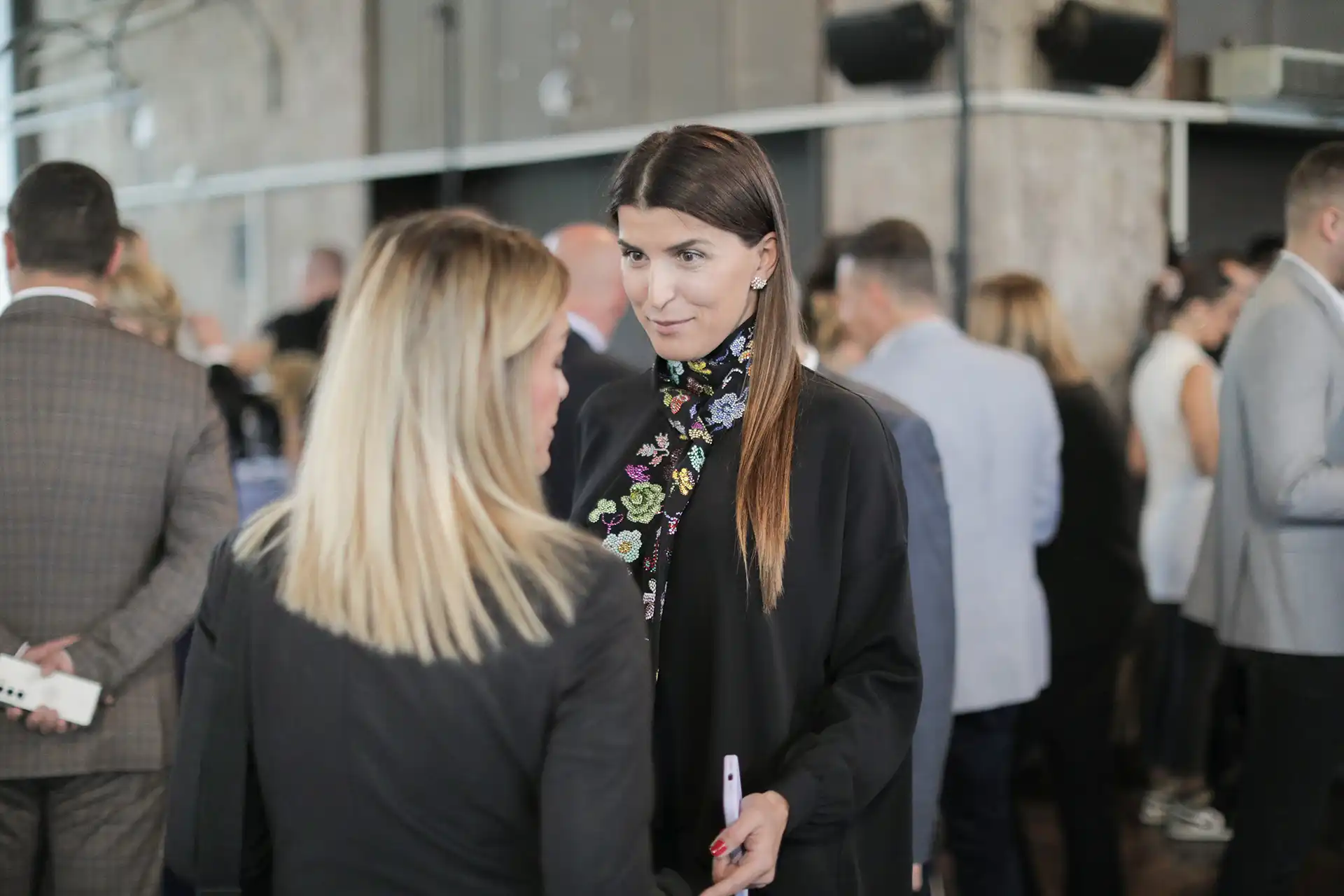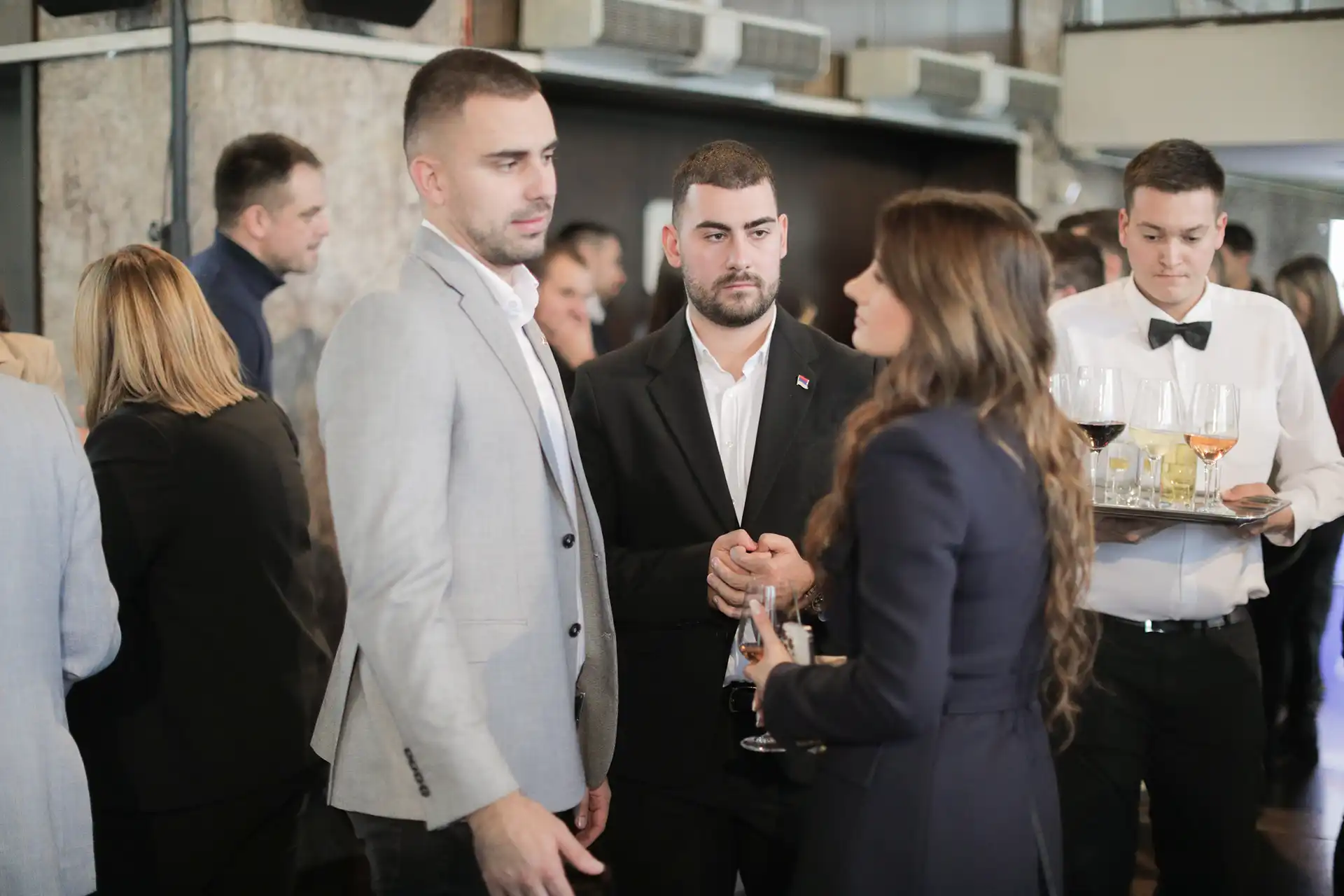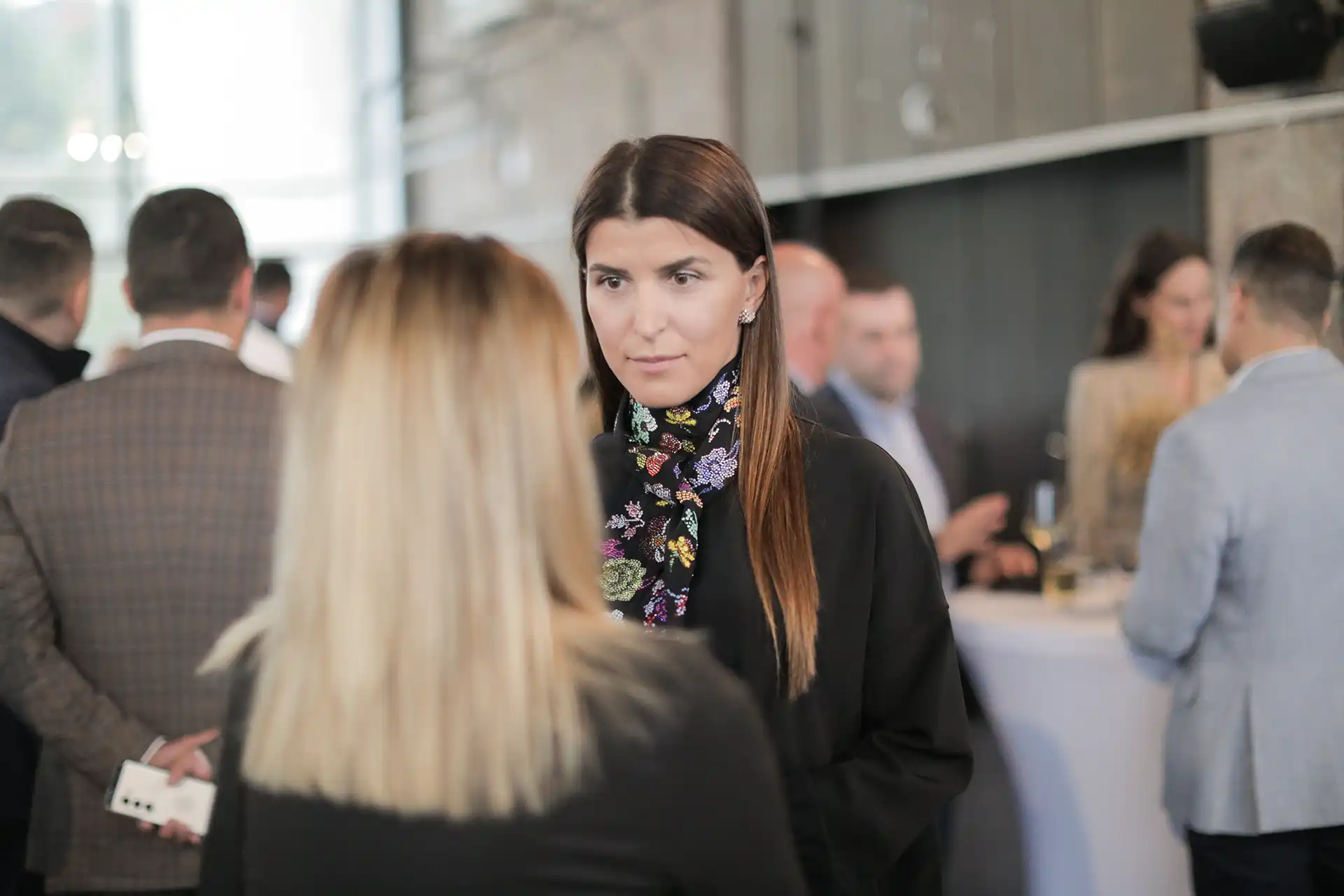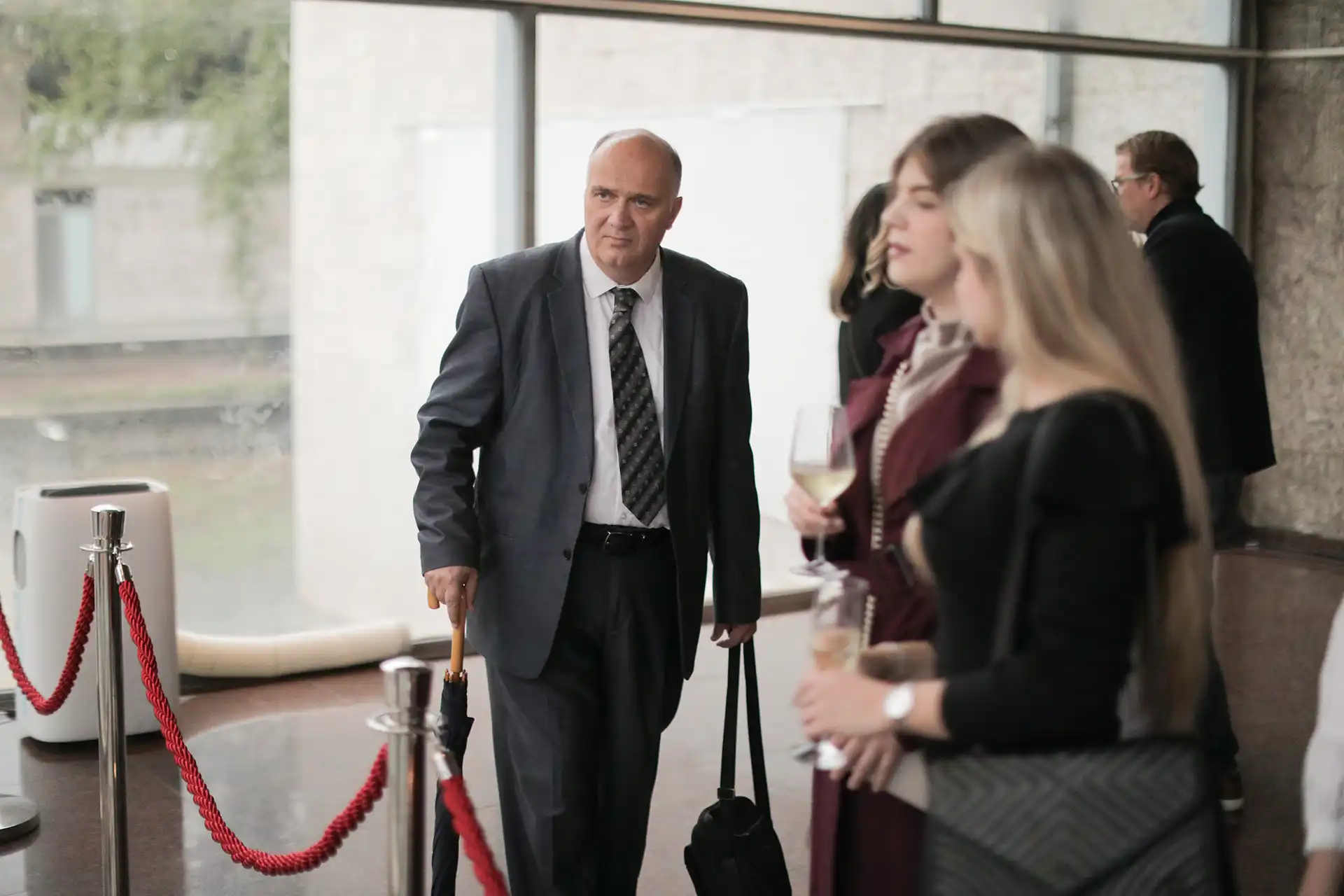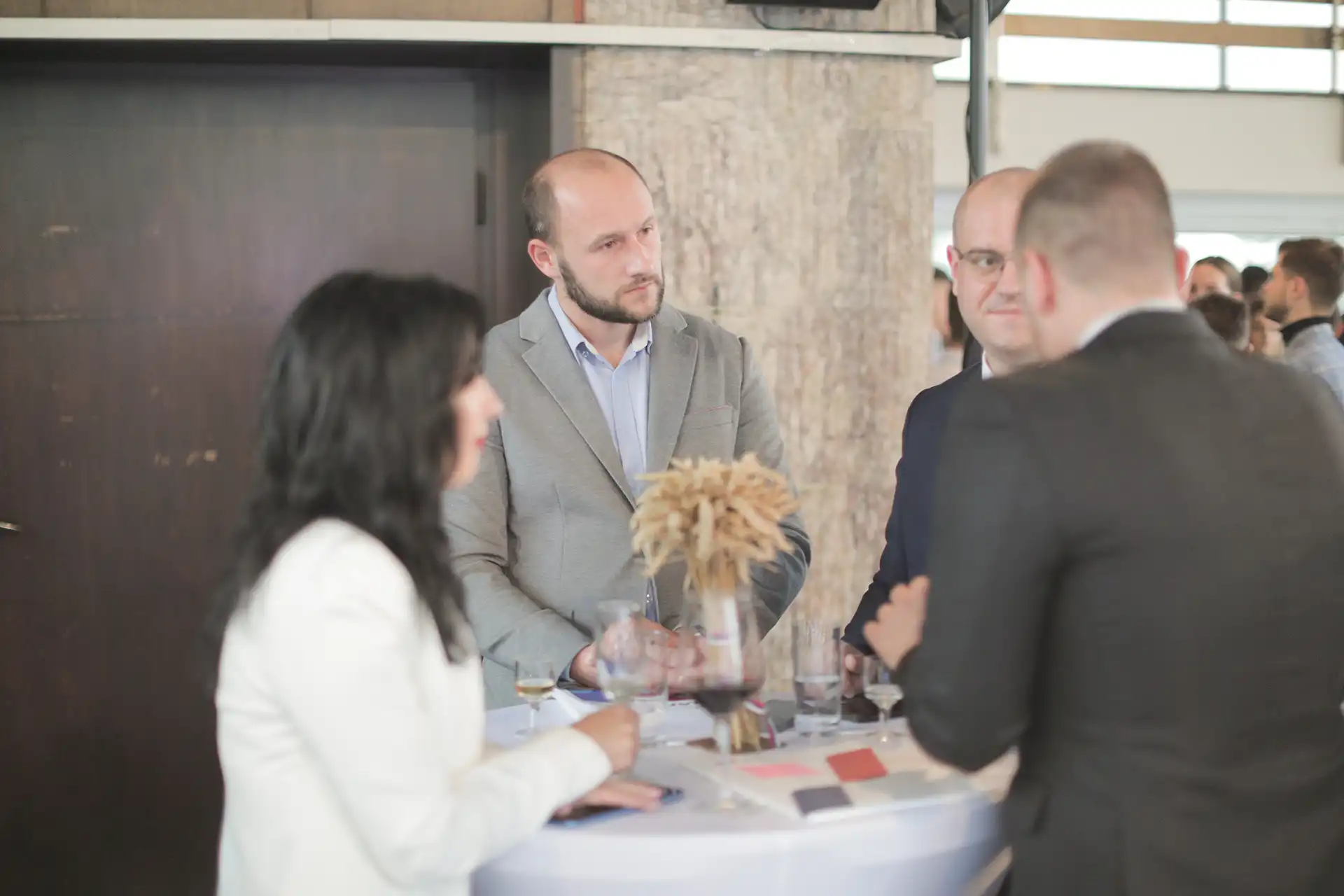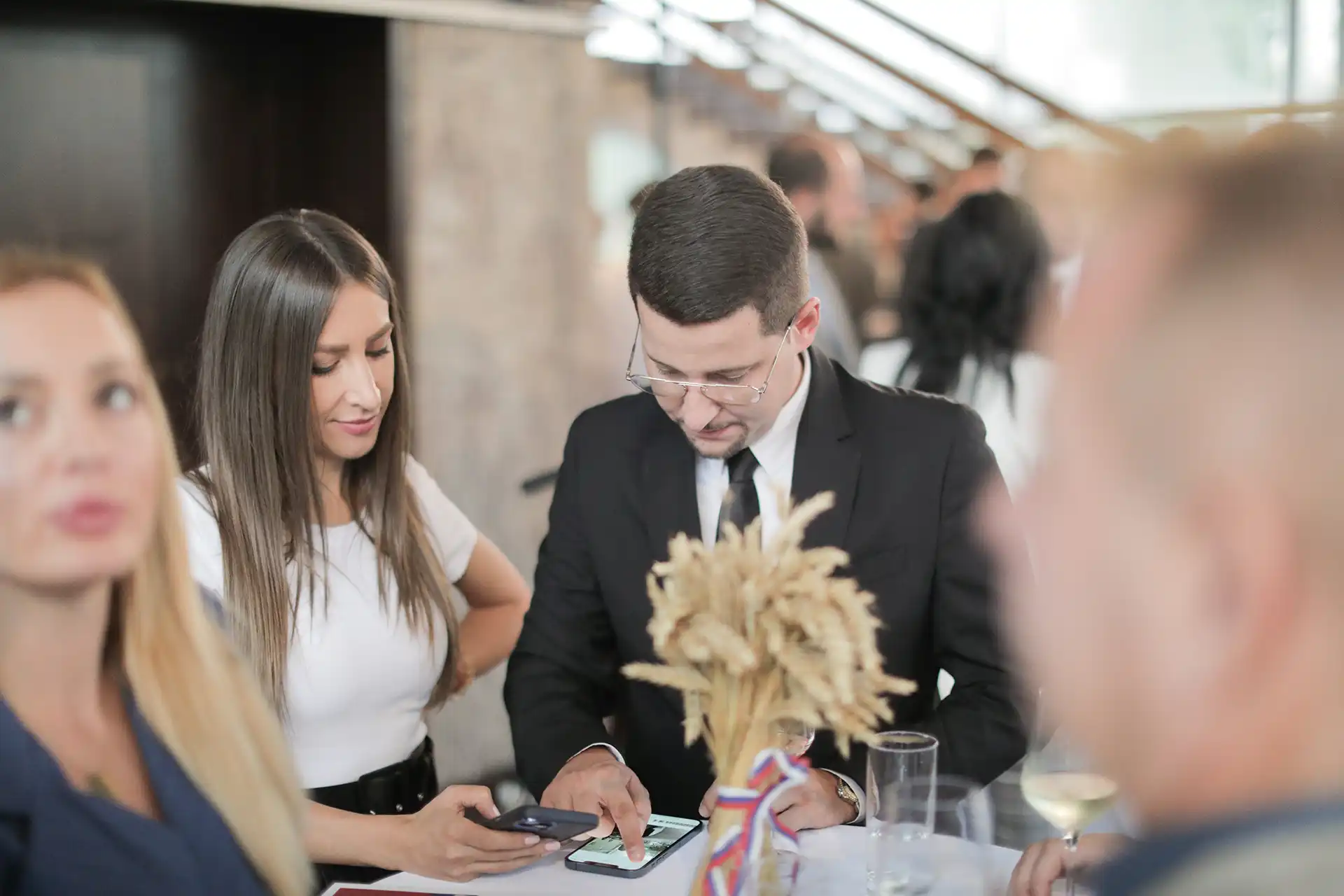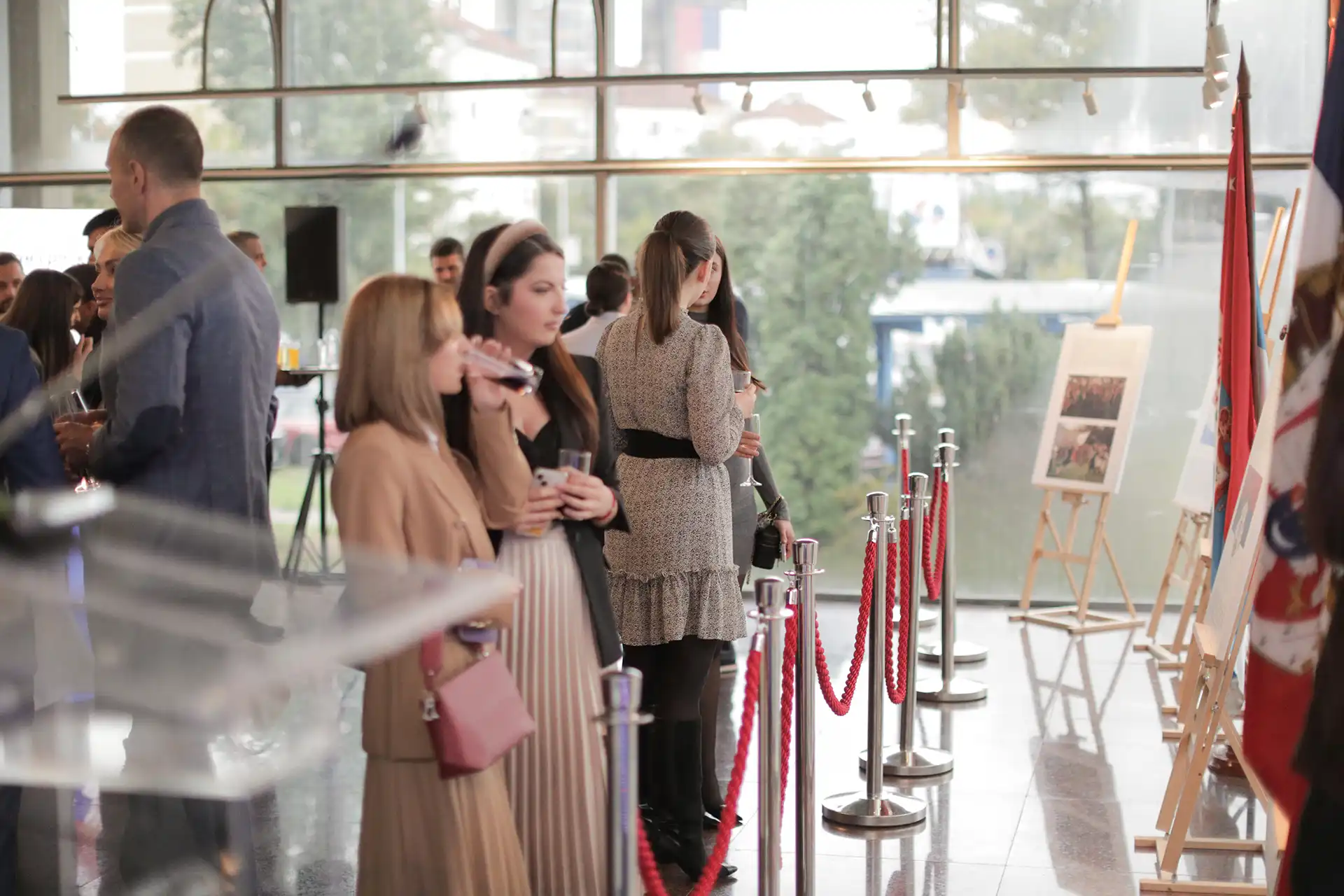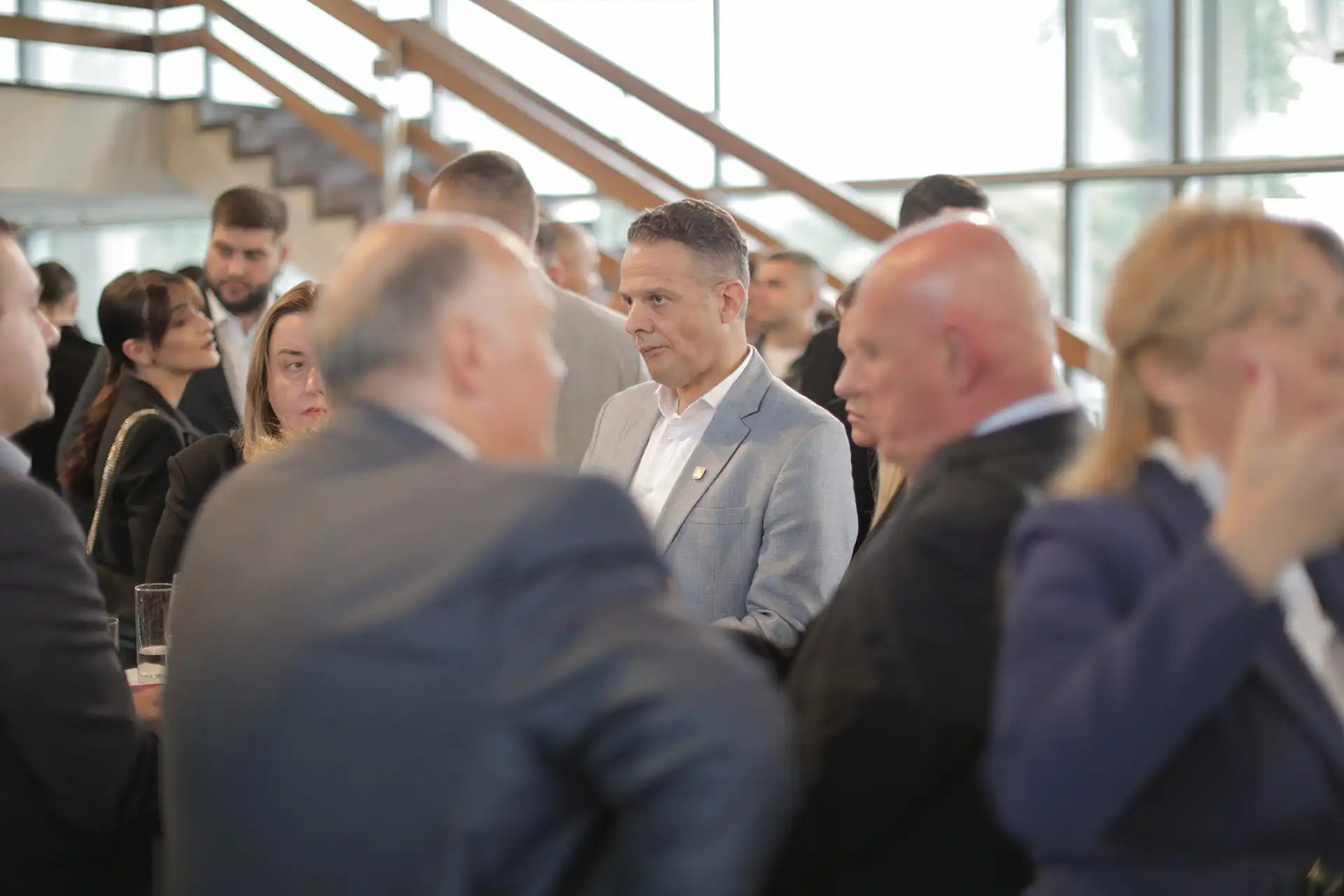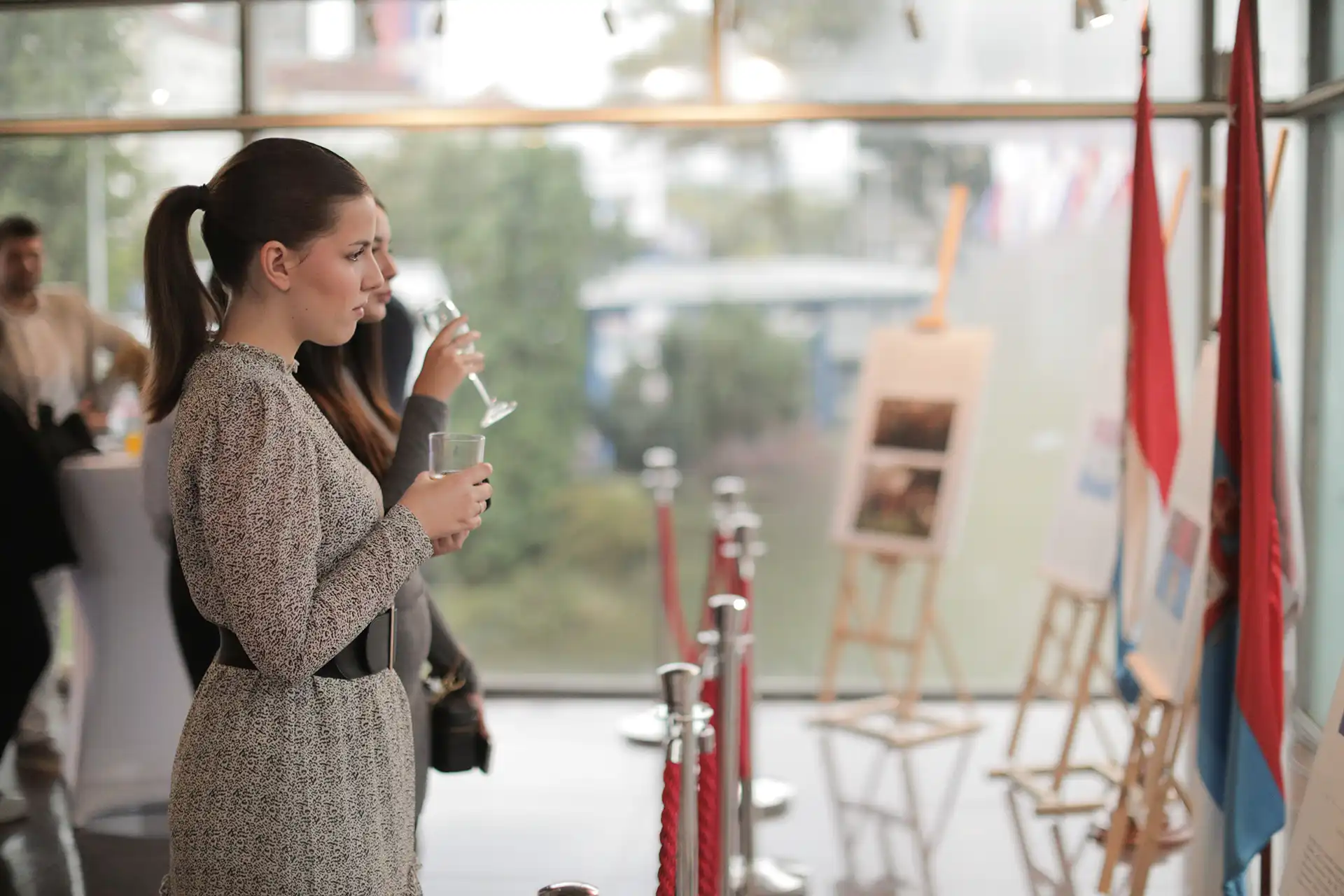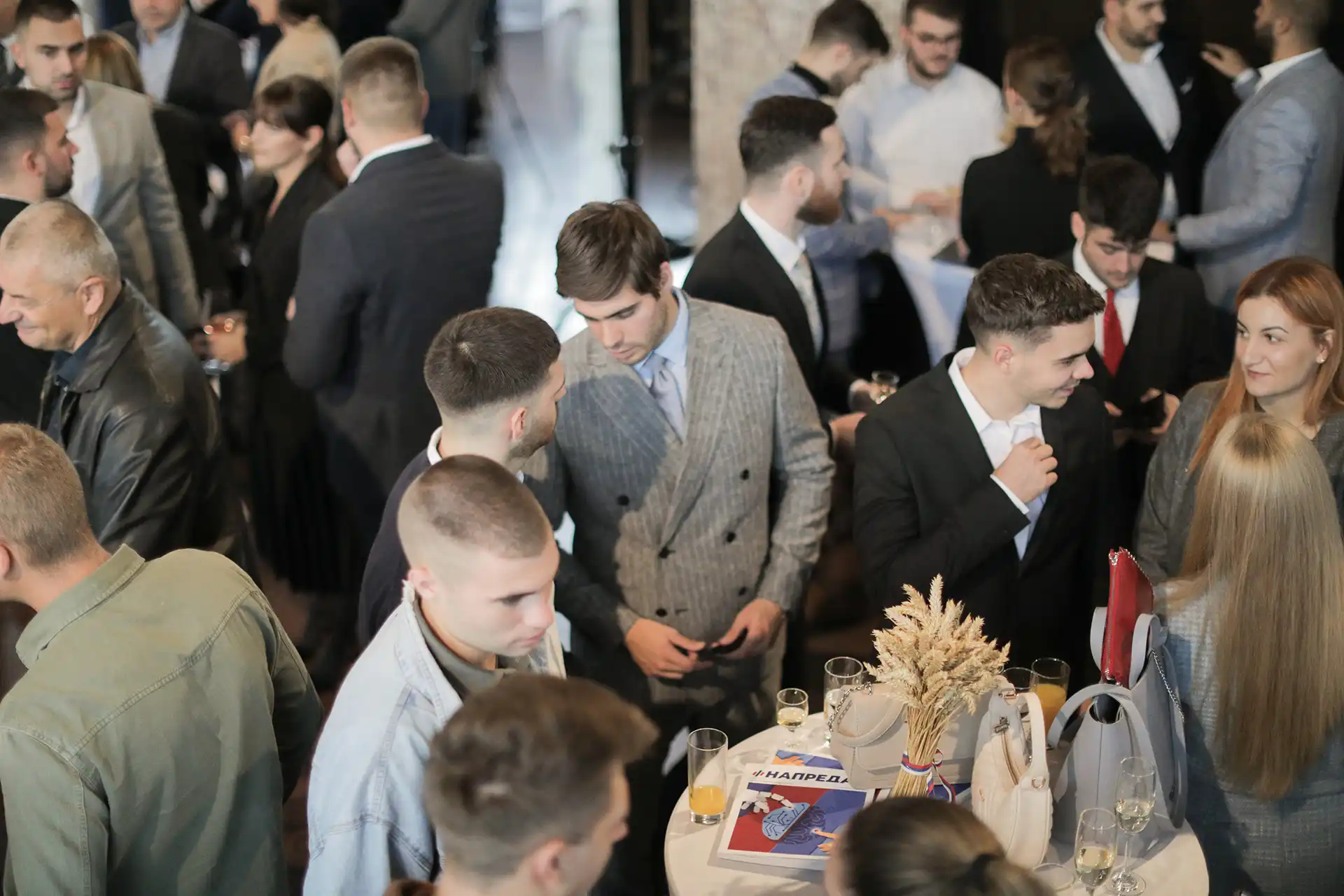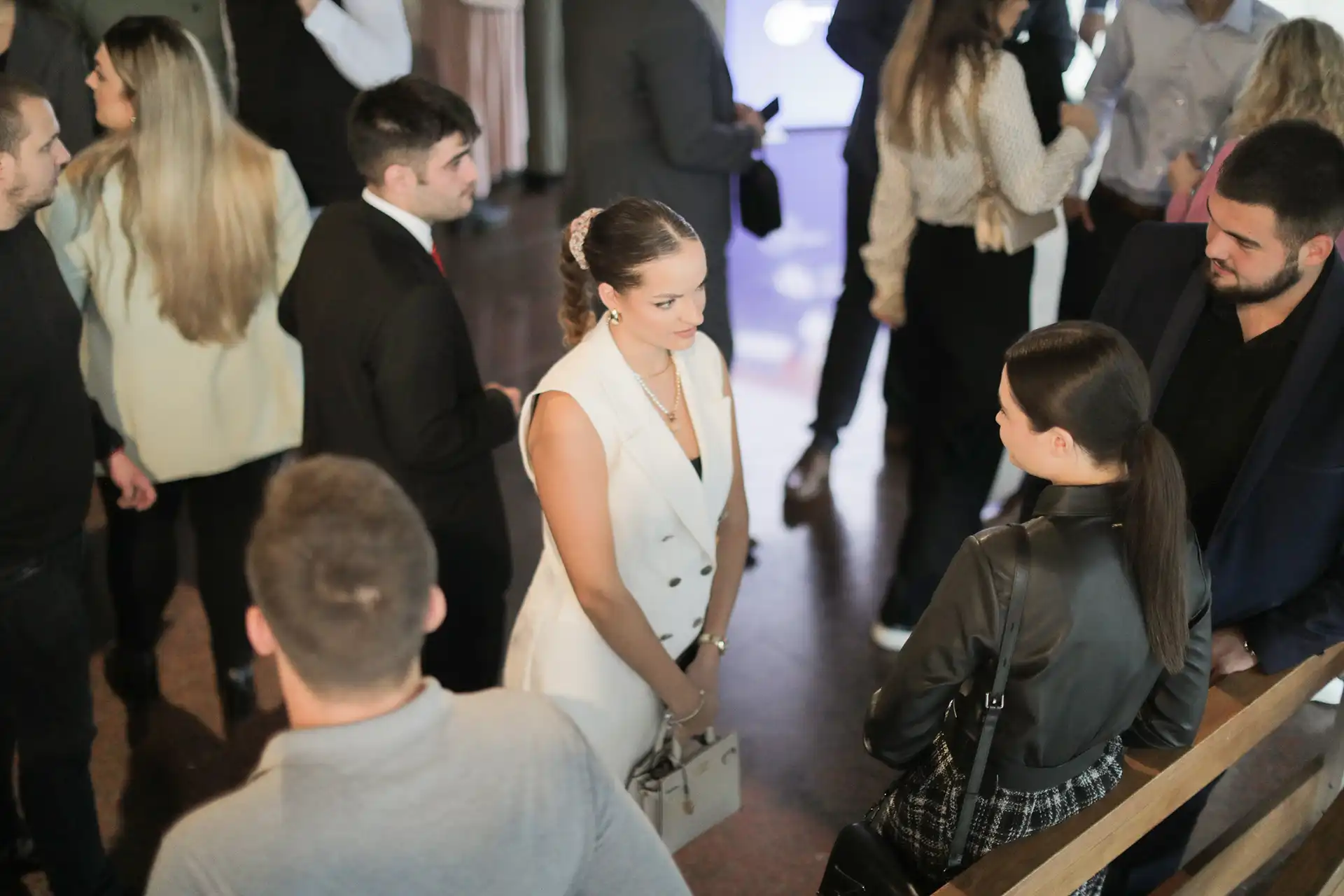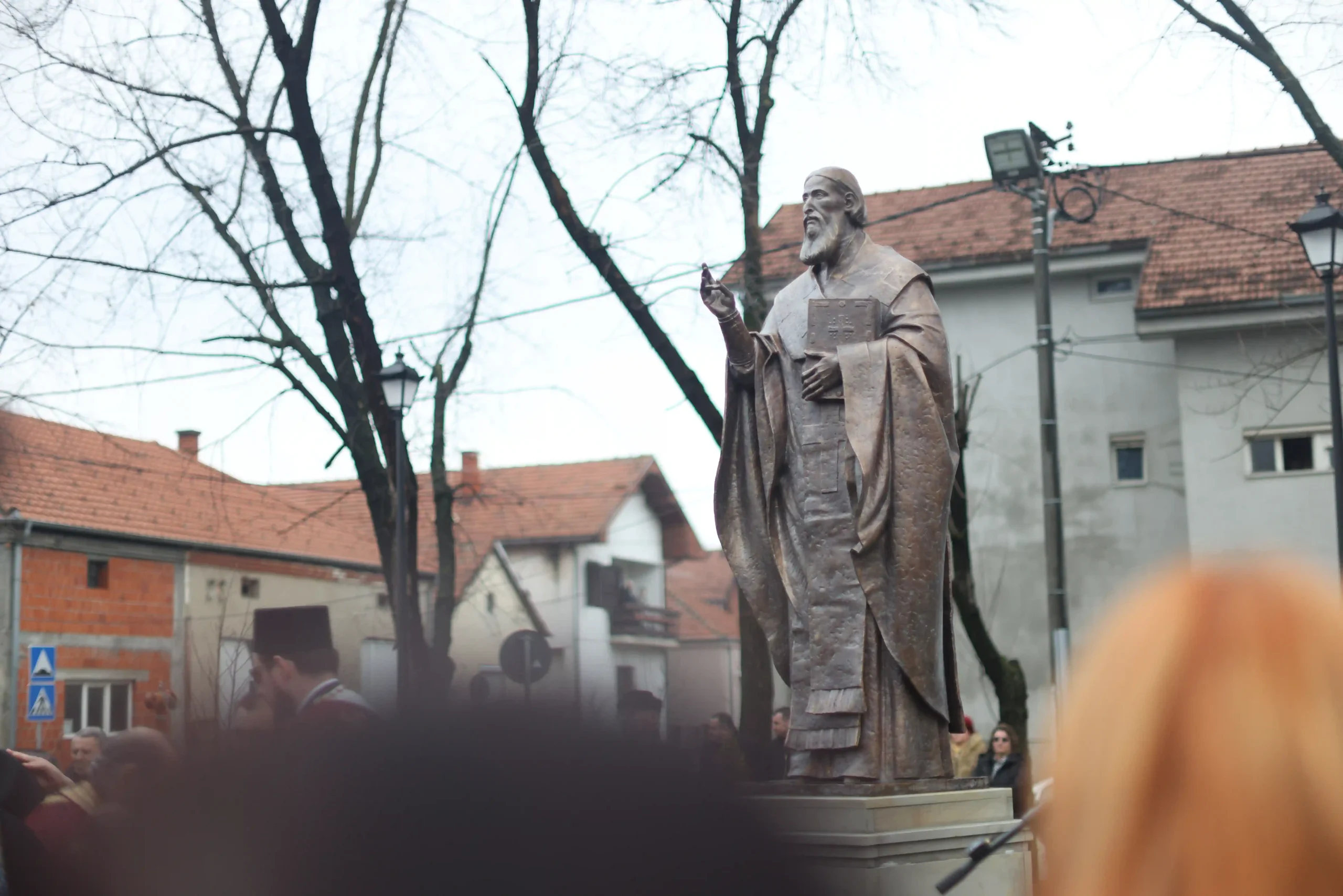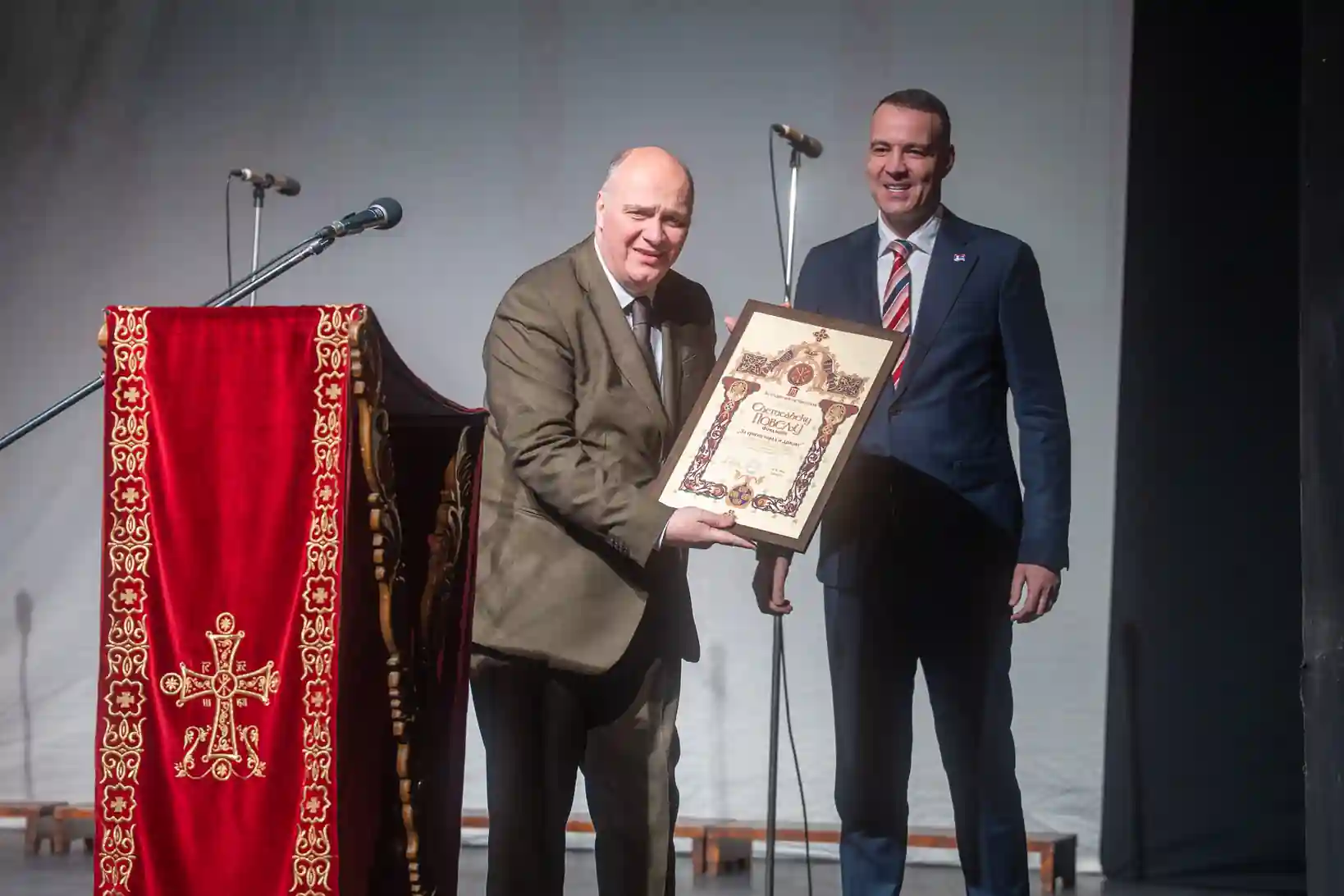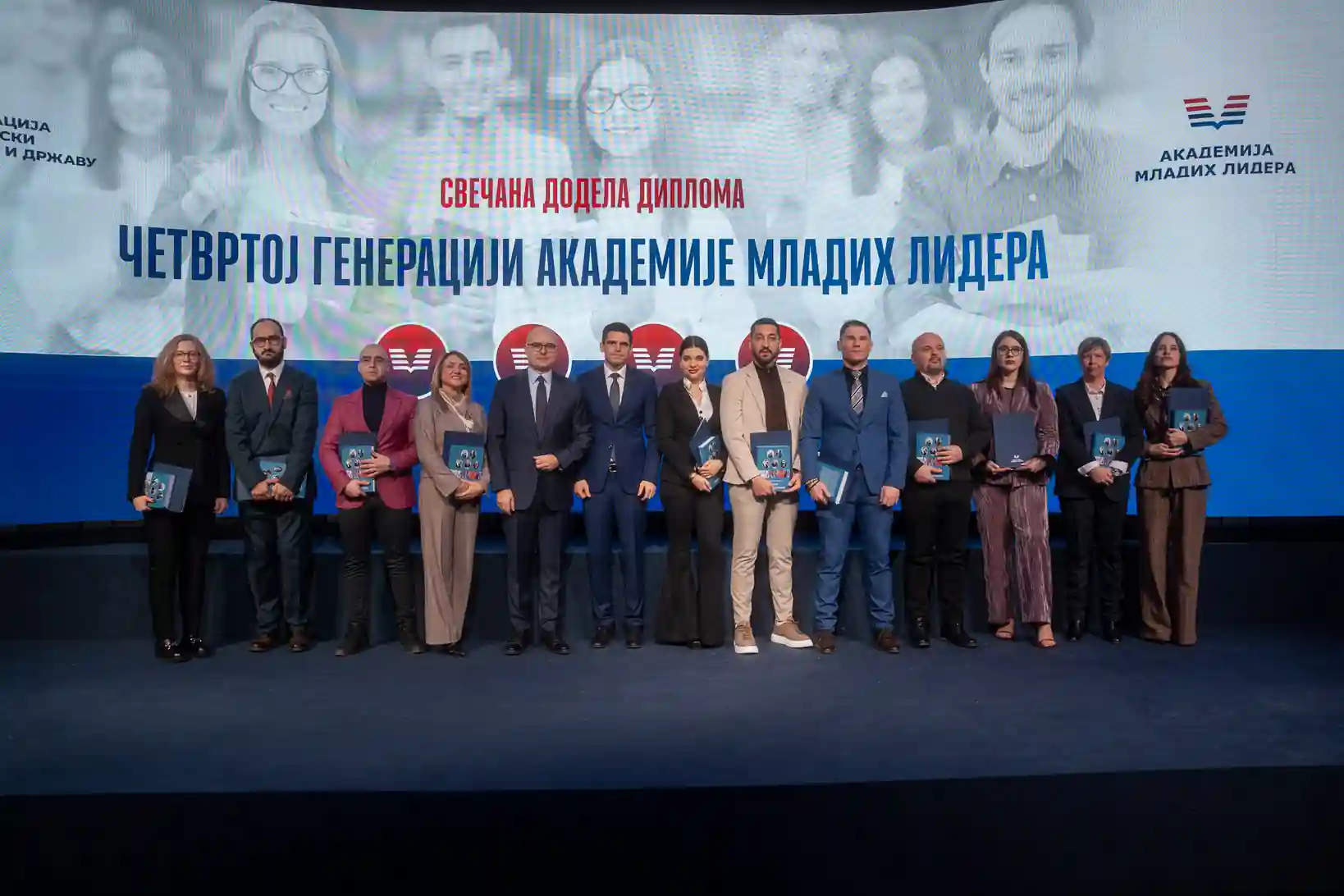Serbian national flags, from historical to modern ones, were displayed on 15th September, at the exhibition opened by the students of the Students’ Conference of the Universities of Serbia (SCONUS) in the large gallery of the cultural centre Students’ City in Belgrade, in honour of the “Days of Serbian unity, freedom and national flag”.
Serbia is determined to continue taking important steps in the preservation of national identity. Within the initiative of the Foundation “For Serbian People and State”, the digitization process will soon begin of the official versions of all Serbian national flags, from historical to modern ones, which ensures permanent storage, simpler access and easier promotion of these national symbols in the modern digital age.
With the support of our Foundation, the students decided to present the flags in one place and thus educate young people about the importance of national symbols. In that, we were helped by Professor Danko Leovac, PhD, from the Faculty of Philosophy, the University of Belgrade, and Professor Nebojša Arsić, PhD, Rector of the University of Priština with a temporary seat in Kosovska Mitrovica.
In the presence of many eminent guests from the fields of politics, culture and public life, this confirmed once again how important it was to be dedicated to the preservation of Serbian people’s identity.
“I would like to thank the representatives of SCONUS for the excellently organized exhibition; It was our pleasure to provide support. Seeing all our flags in one place is a rare occasion, having in mind that they are kept in different institutions, and that is why we want to take a step further. We have decided to initiate their digitization in order to ensure permanent protection of the part of state symbols of the Republic of Serbia, as well as their accessibility to future generations, in line with modern technological trends and the development of digital society”, said Tatjana Vukić, Director of the Foundation “For Serbian People and State”.
Every sovereign state has its national symbols, the flag, the coat-of-arms and the anthem, as signs of state unity and patriotism.
Margareta Smiljanić, President of SCONUS, pointed out that the exhibition was aimed at cherishing Serbian symbols among young people, but also at showing the way in which young people and students continue where their predecessors stopped.
There are seven flags on display which are of great importance for understanding the development of the modern Serbian state, from the beginnings of the Serbian revolution in 1804, through the era of autonomous Principality and independent Principality and Kingdom, to modern times.


